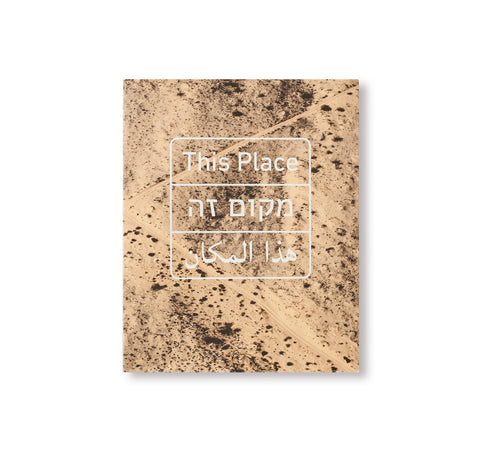LIBERTY THEATER by Rosalind Fox Solomon
アメリカ人フォトグラファー、ロザリンド・フォックス・ソロモン(Rosalind Fox Solomon)の作品集。アメリカ南部の人種、階級、分離を鮮明に描いた一冊。本書タイトルは、テネシー州の都市チャタヌーガで1960年代初頭から有色人種に扉を開いていた唯一の映画館に由来している。1970年代から90年代にかけて撮影されたこのプロジェクトは、アラバマ州のスコッツボロ裁判所の芝生の上で始まった。この場所が舞台となった歴史的な冤罪事件「スコッツボロ事件」において、無実のアフリカ系アメリカ人の少年らが強姦罪で逮捕投獄され、人生の大部分を死刑囚として刑務所で過ごしている。作者はこの街で毎月開かれるマーケットに鳴り響く、異なる文化的イデオロギーやファンタジーが奏でる不協和音を写真に捉えたが、その背景にはこの裁判所の影が常に見え隠れしている。牧師、地主、労働者が登場する非常に象徴的なこの本には、KKK(※註)のバッジ、マスケット銃、かつら、日曜に教会に行くときの華やかな服装、ビスクドールなどが写り込んでいる。作者はアラバマからジョージア、フロリダ、ルイジアナ、ミシシッピ、テネシー、そしてサウスカロライナへと旅をして、1つの大きなシリーズを撮り続けた。イギリス人フォトグラファー、スタンレー・ヴォルコウ=ワナーバ(Stanley Wolukau-Wanambwa)はこの作品について、「正当防衛法が適用されている7つの州を通って大きく遠回りしながら、反逆者のマスケット銃から若い美人妻、リノリウムの四角いタイル、ヤードセール、道化師に教会、そしてカーニバルへと、様々な被写体を溌剌としたエネルギーと優美さを放つイメージに捉えていく。」 と語る。各地を旅して撮られたイメージには、差別を禁じた画期的な法律である公民憲法が制定された後に起こった人種間の関係性におけるポジティブな変化が存分に見受けられる。しかし作者が描き出す世界は、身分や性別による分離がまかり通る社会、暗黙のあからさまな人種差別、自由に対する相反する見解など、今日のアメリカで益々顕著になっている差別という負の遺産について私達に語り掛けている。
※註 クー・クラックス・クラン。アメリカの秘密結社、白人至上主義団体。
Liberty Theater is a vivid exploration of race, class and segregation in the American South. The book takes its title from the only cinema in Chattanooga, Tennessee that was open to people of colour in the early 1960s. Spanning the 1970s–1990s, the project began on the lawns of the Scottsboro Courthouse in Alabama where, in an historic case of injustice, seven young men of colour were falsely accused of rape and sentenced to jail for the better part of their lives. The courthouse served as a haunting backdrop to a monthly market at which Fox Solomon found a cacophonous performance of cultural ideologies and fantasies. In her acutely symbolic book, we find KKK badges, muskets, fake wigs, church attire and china dolls among preachers, landowners, and labourers. Journeying from Alabama to Georgia, Florida, Louisiana, Mississippi, Tennessee, and South Carolina, Fox Solomon continued to build a body of photographs which, as Stanley Wolukau-Wanambwa writes in his essay, ‘moves with effervescent grace from rebel musket to trophy wife, from linoleum square to yard sale, from clown to church to carnival, tracing a circuitous route through seven Stand Your Ground states’. Following her itinerant movement, at times the pictures in Liberty Theater allude to positive changes in race relations that have occurred since the Civil Rights Act. However, the world that Fox Solomon depicts speaks to a legacy of discrimination that has become increasingly apparent in the United States today: one of class and gender divisions, implied and overt racism, and competing notions of liberty.
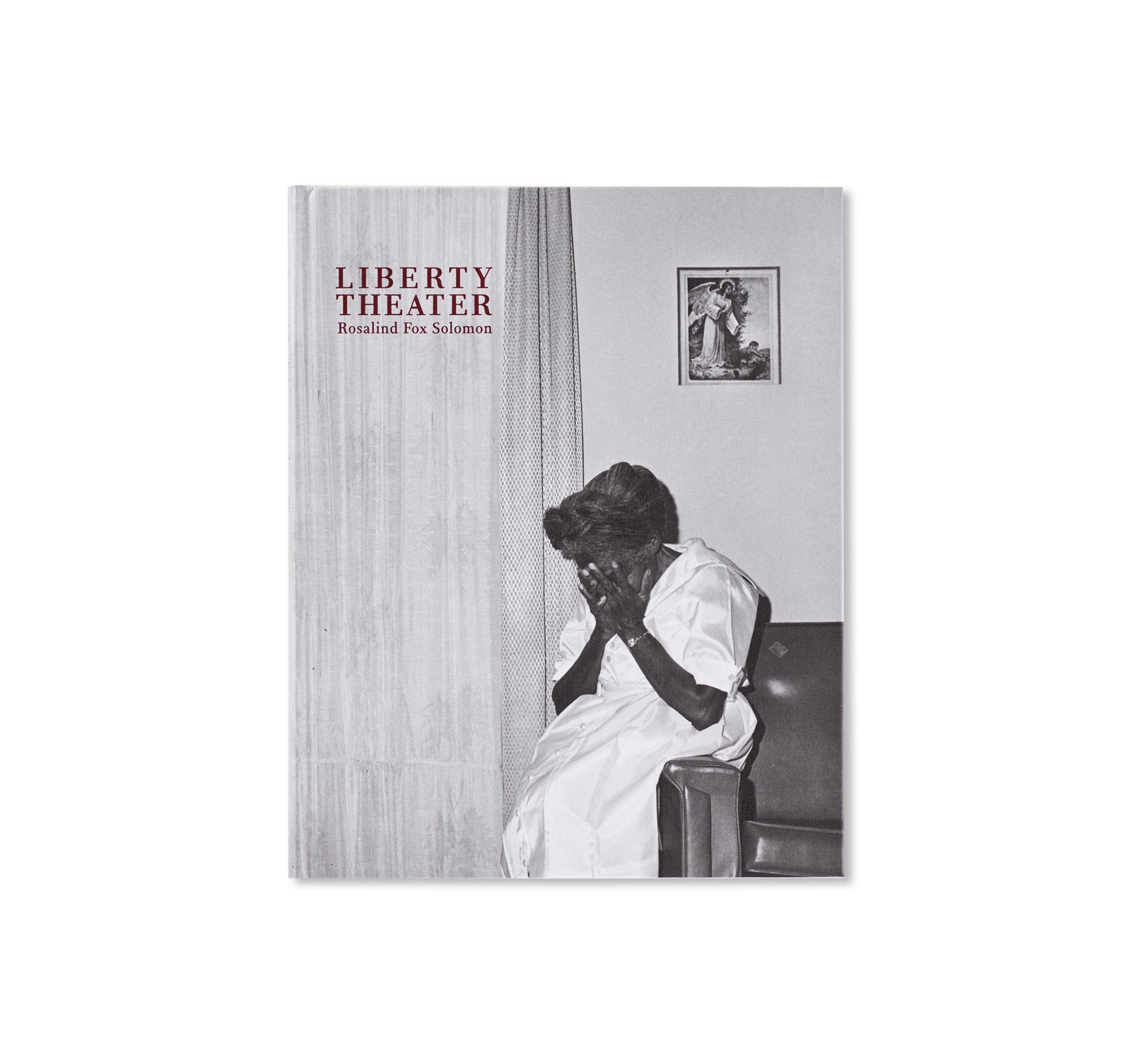
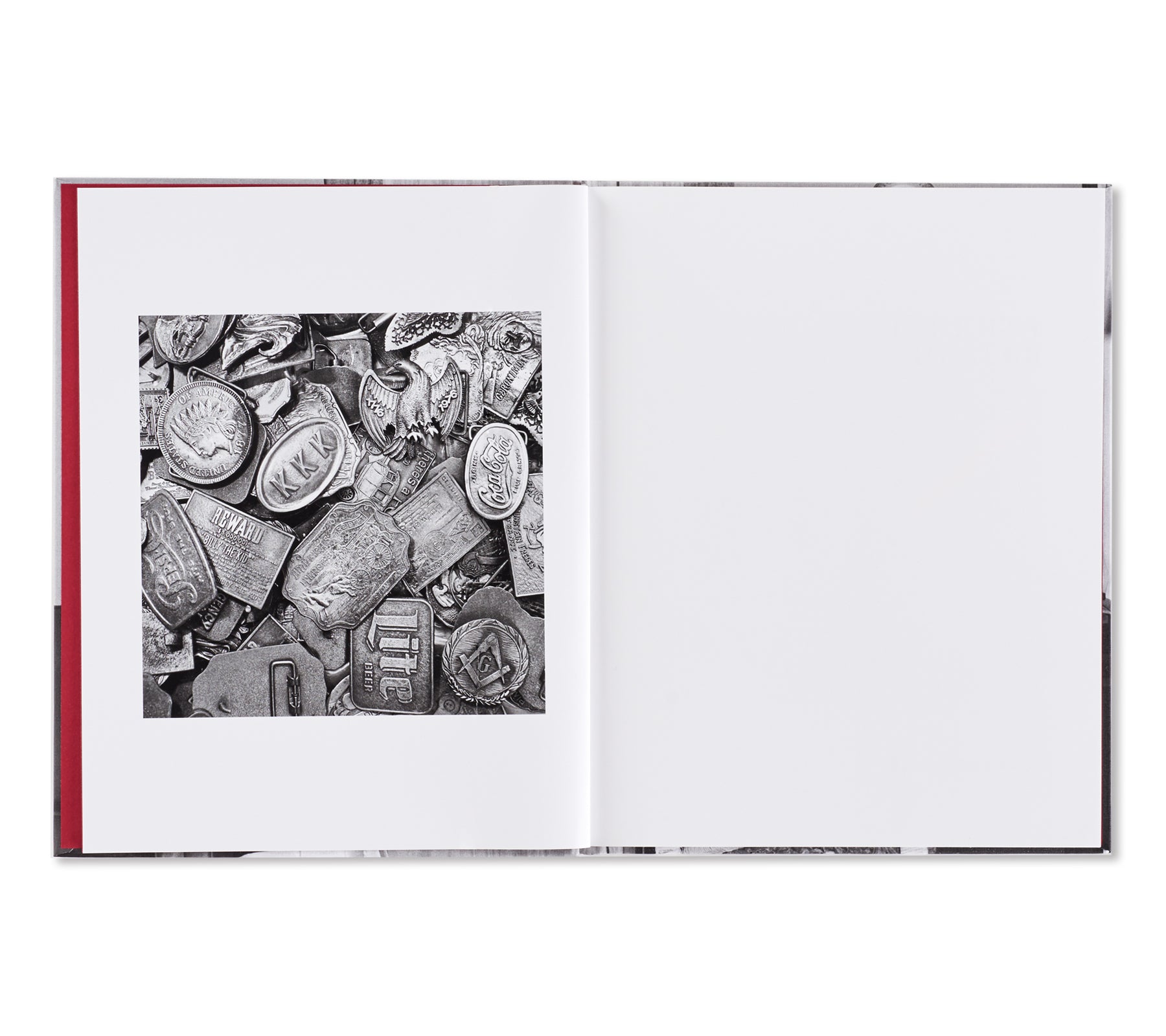
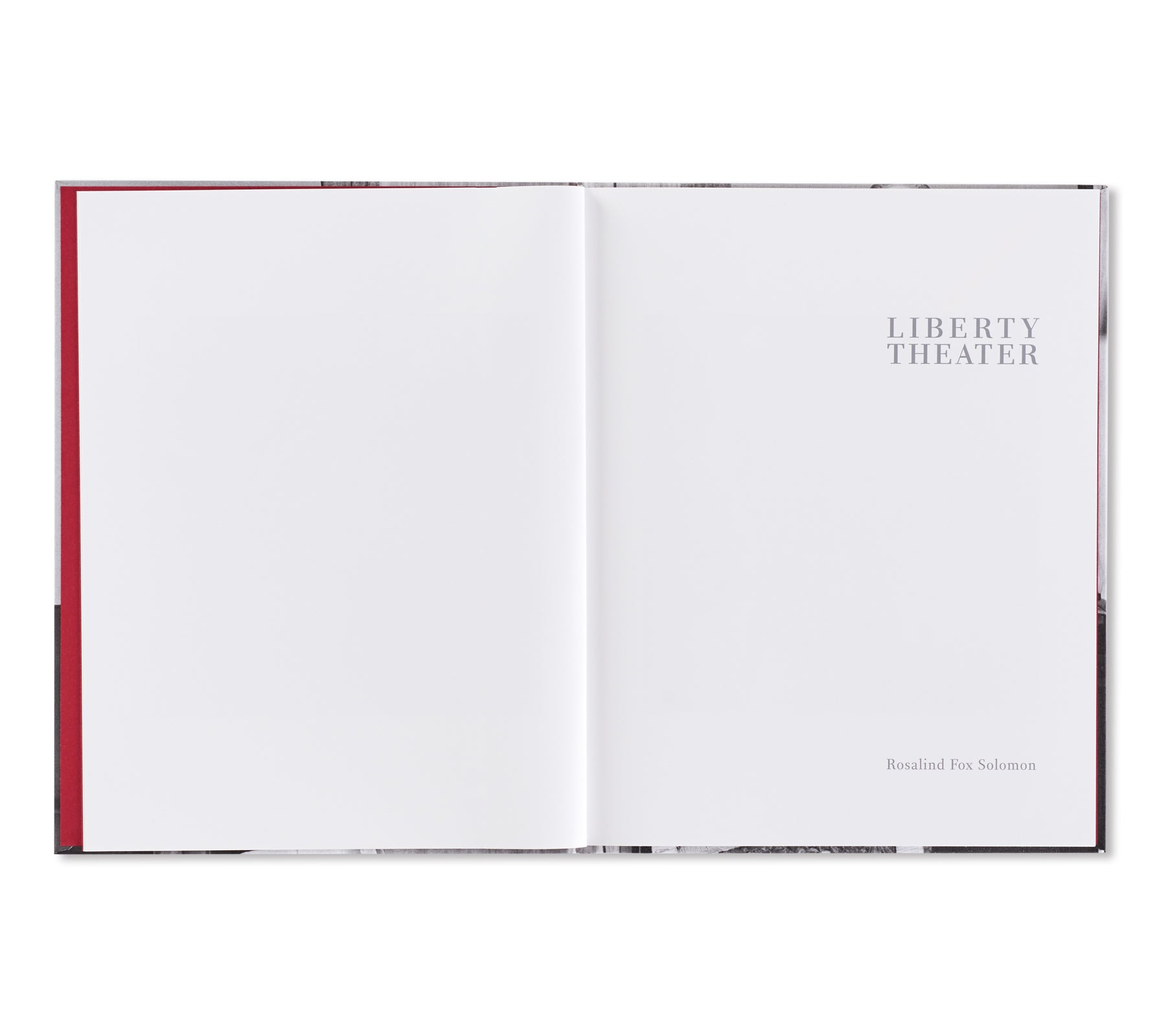
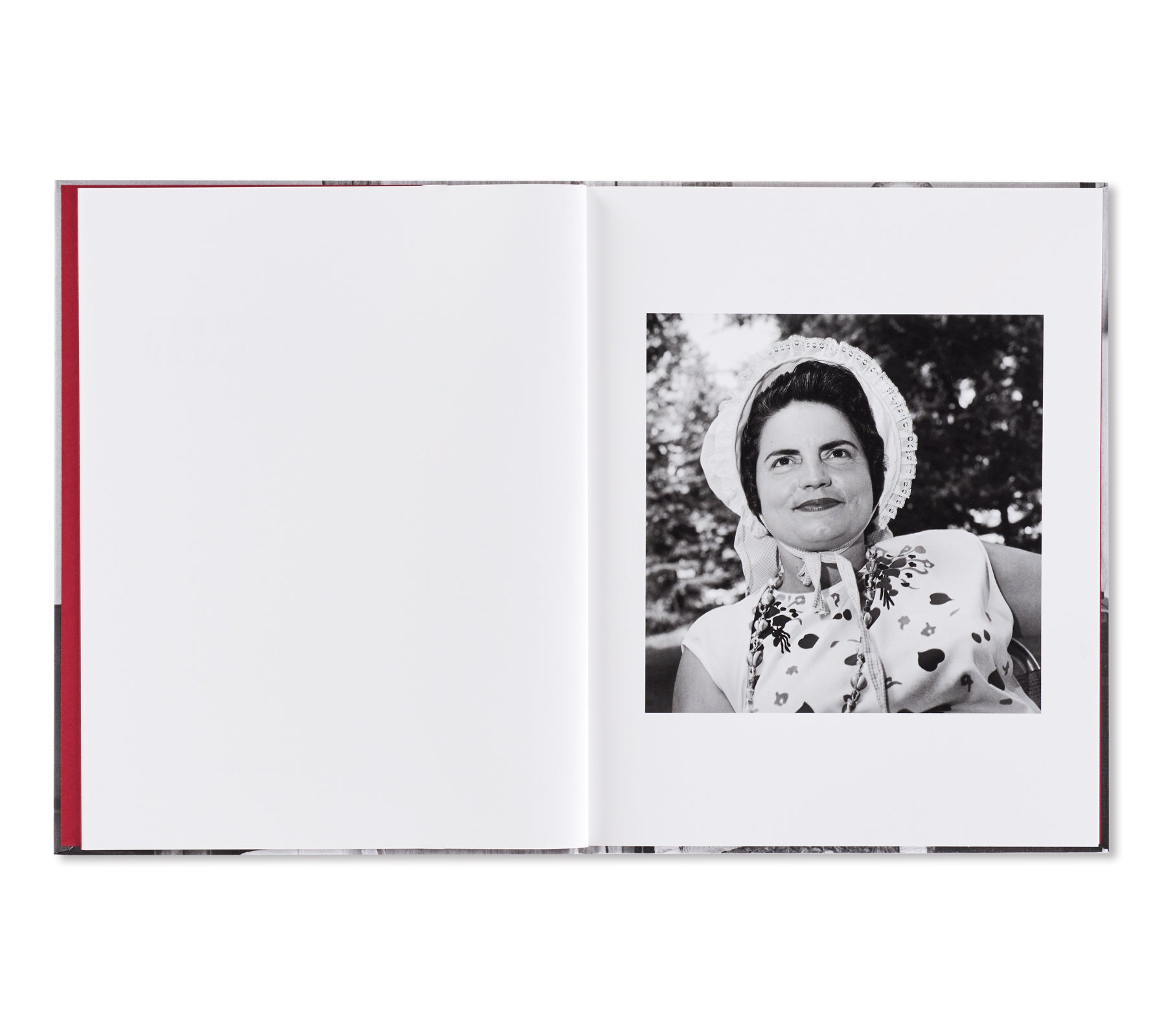
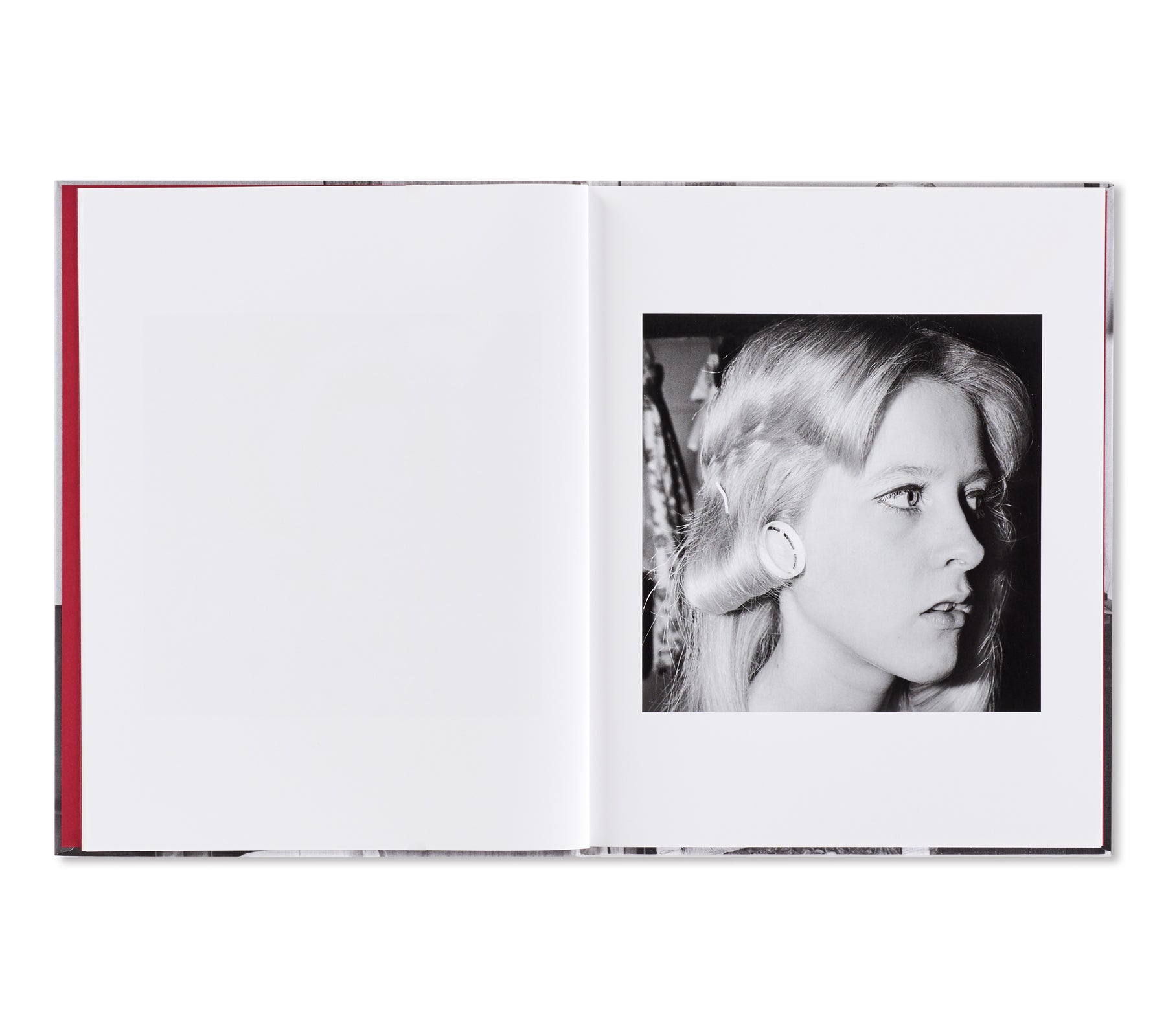
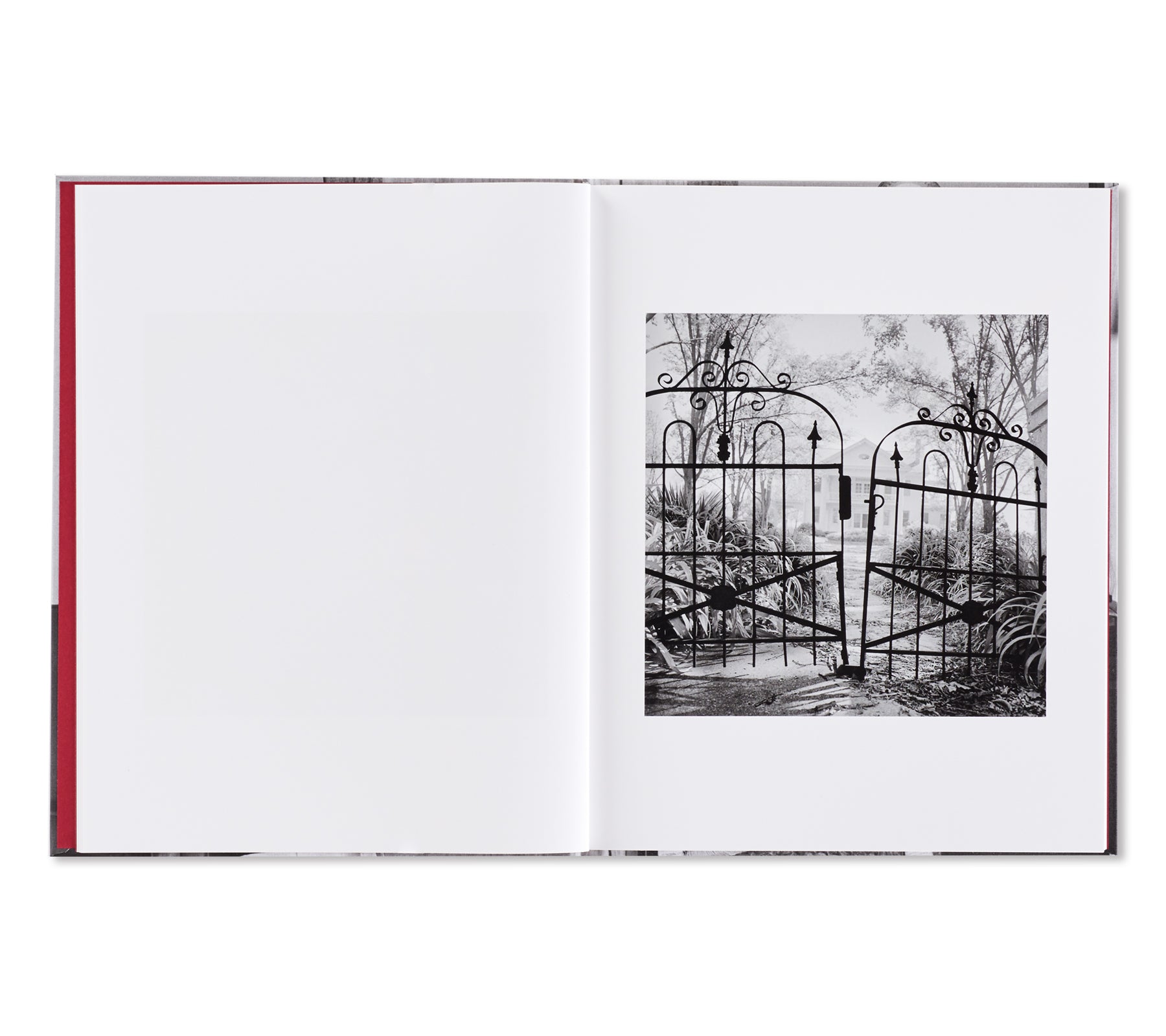
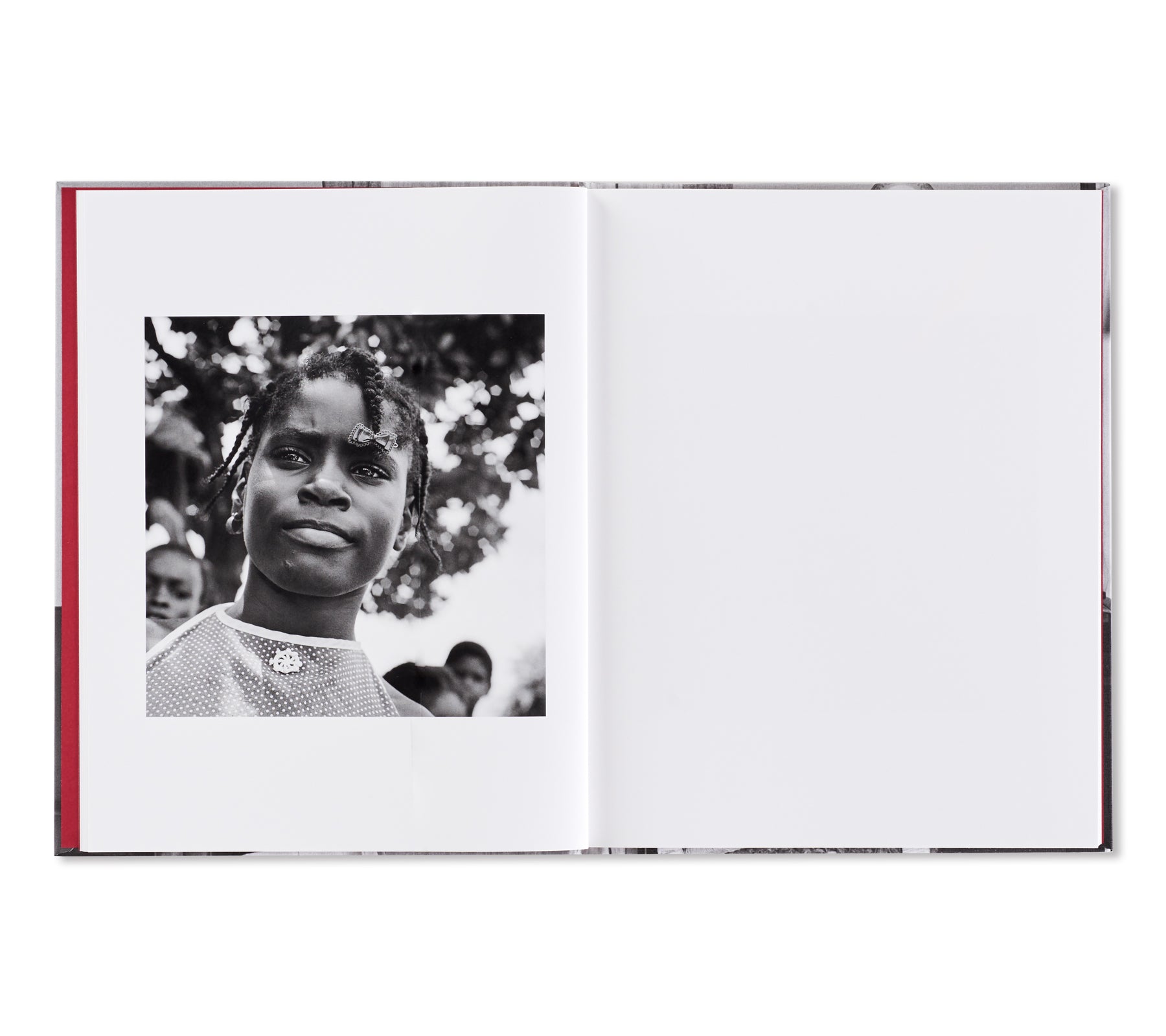
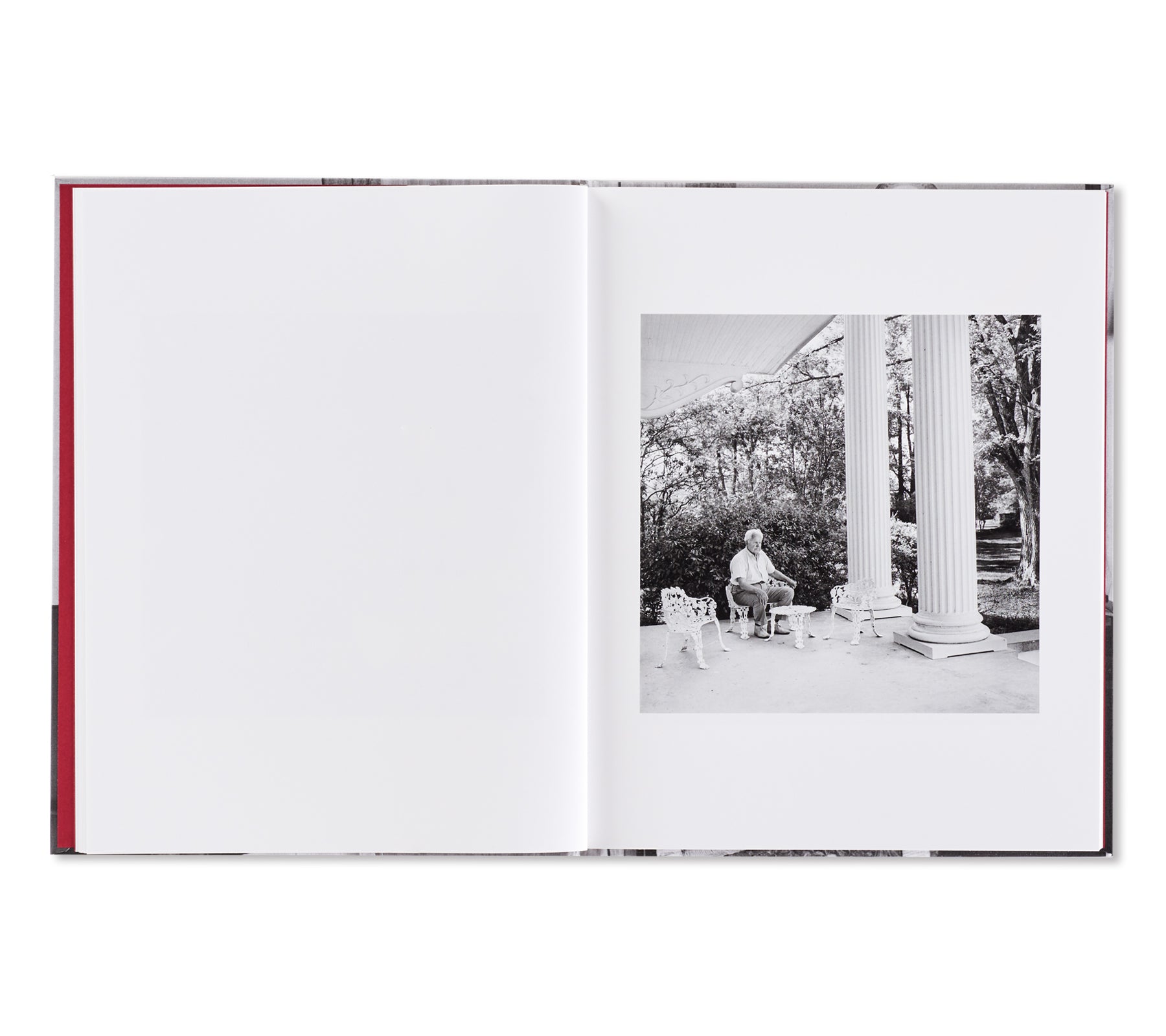
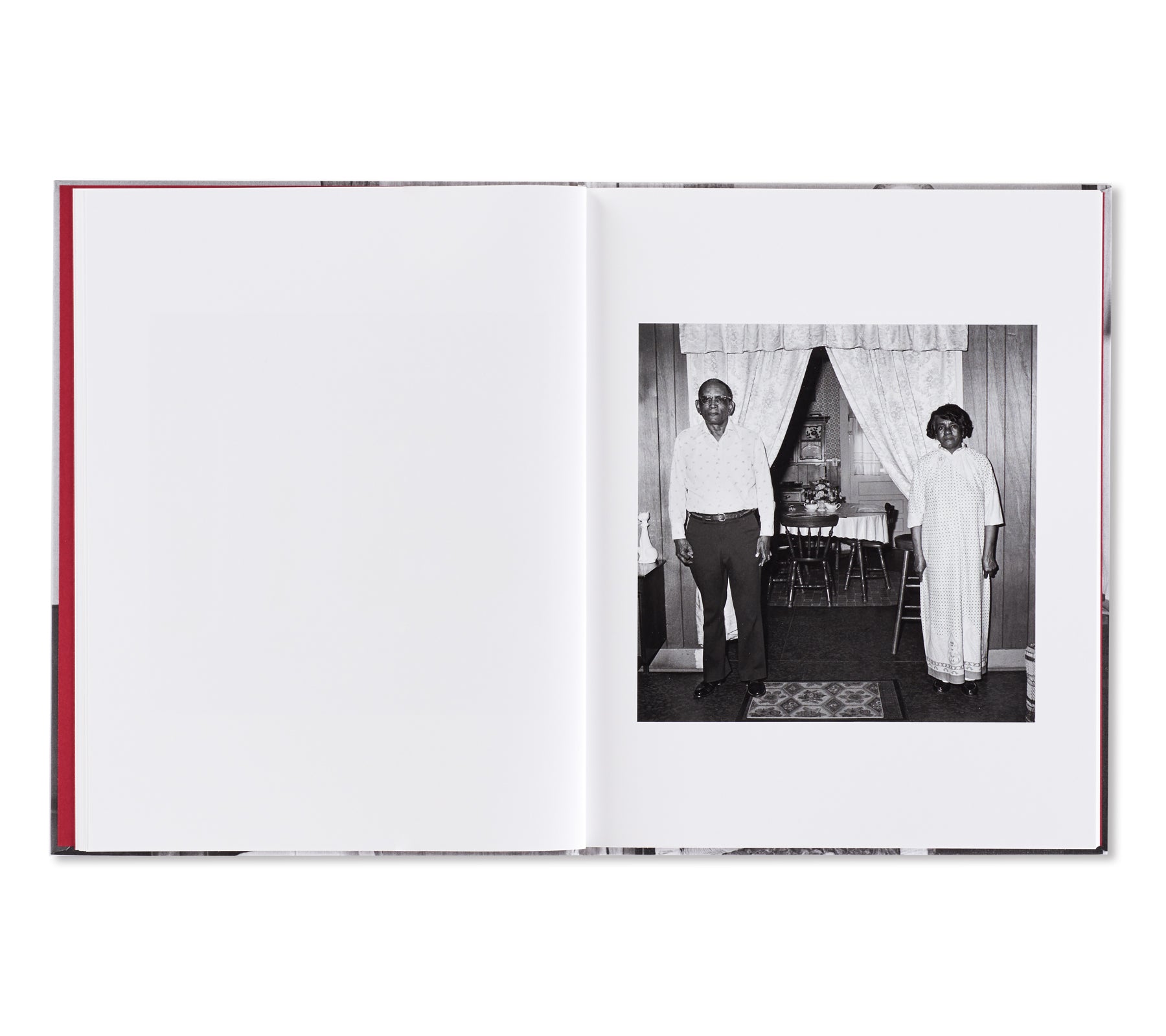
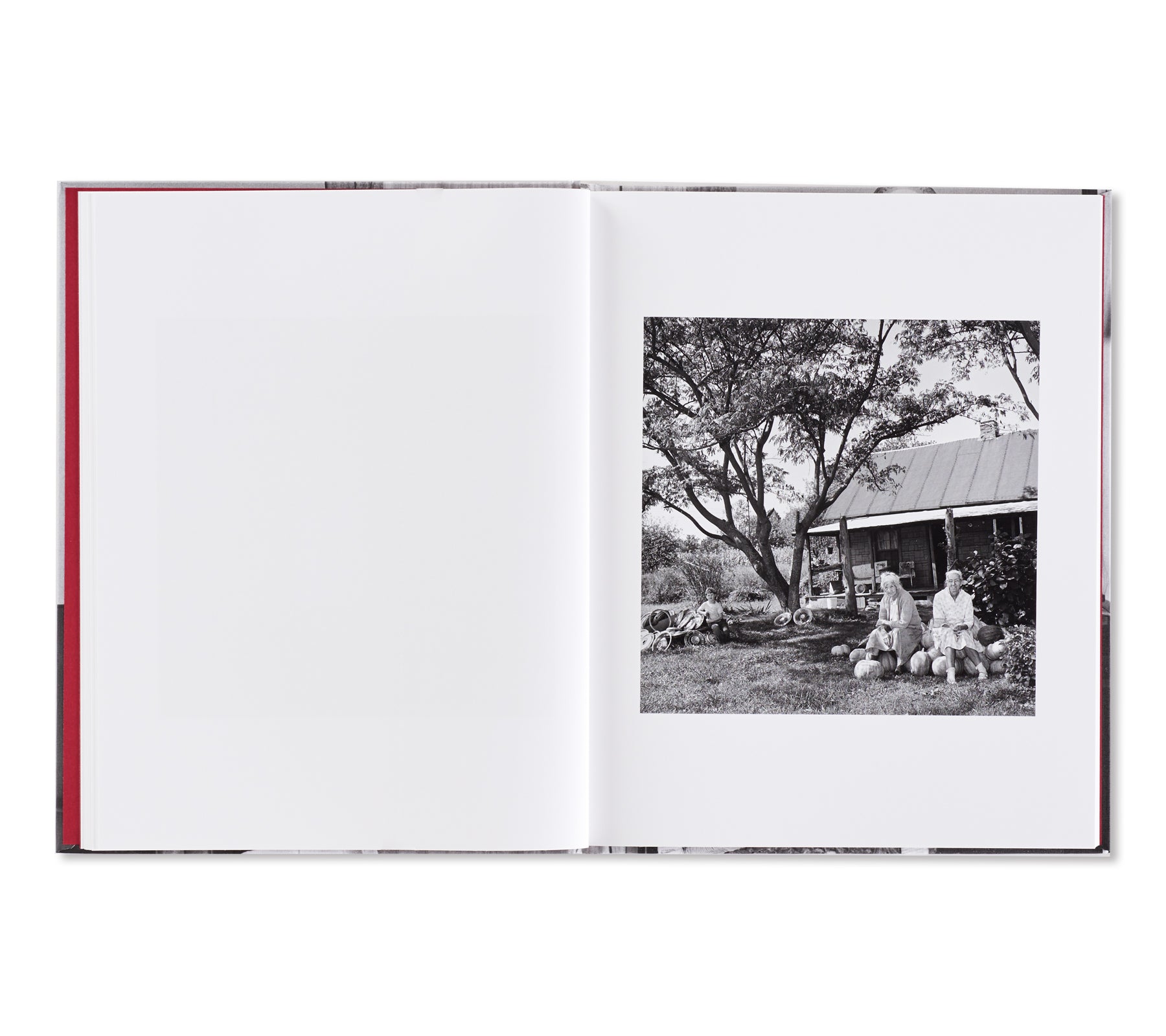
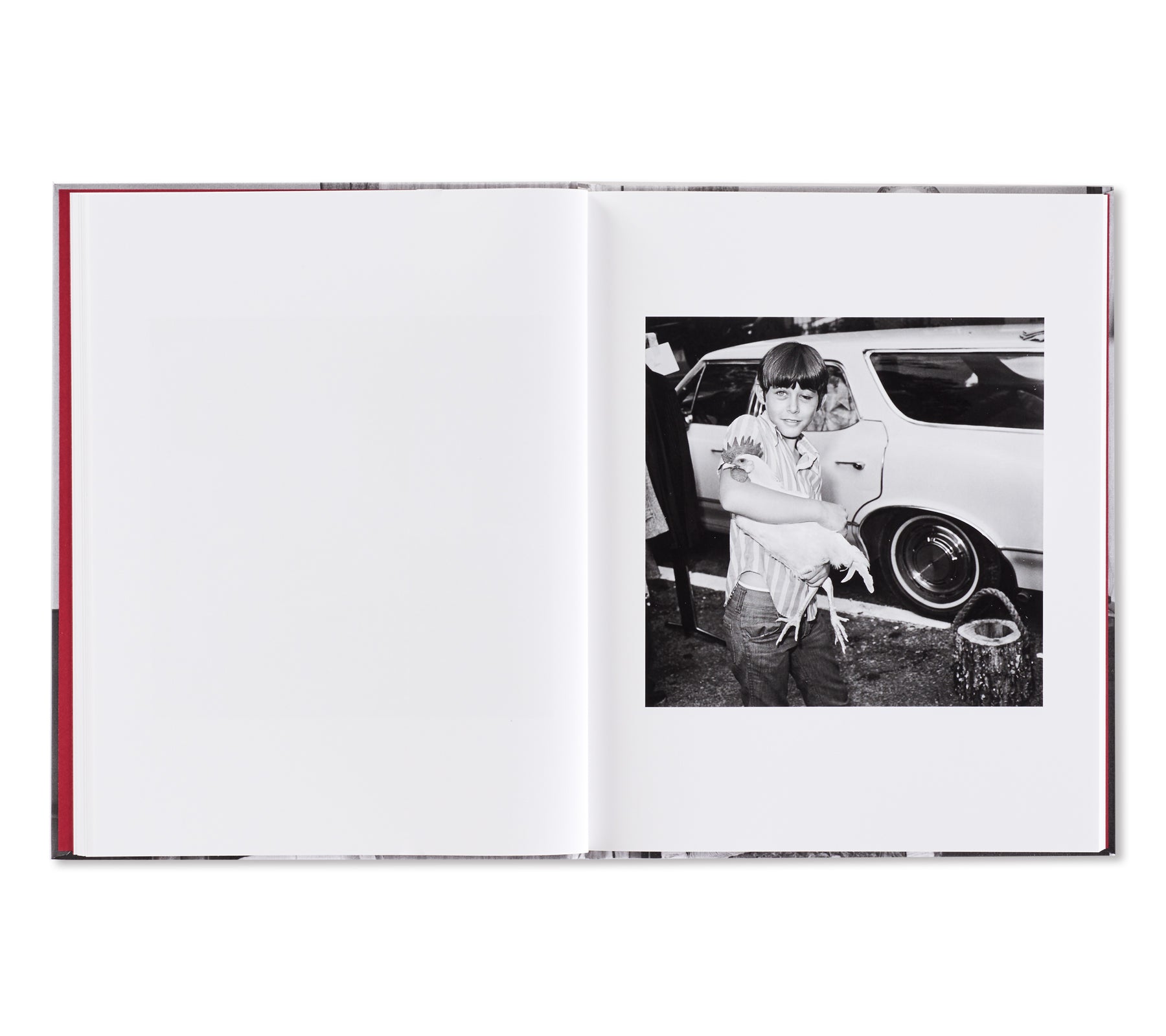
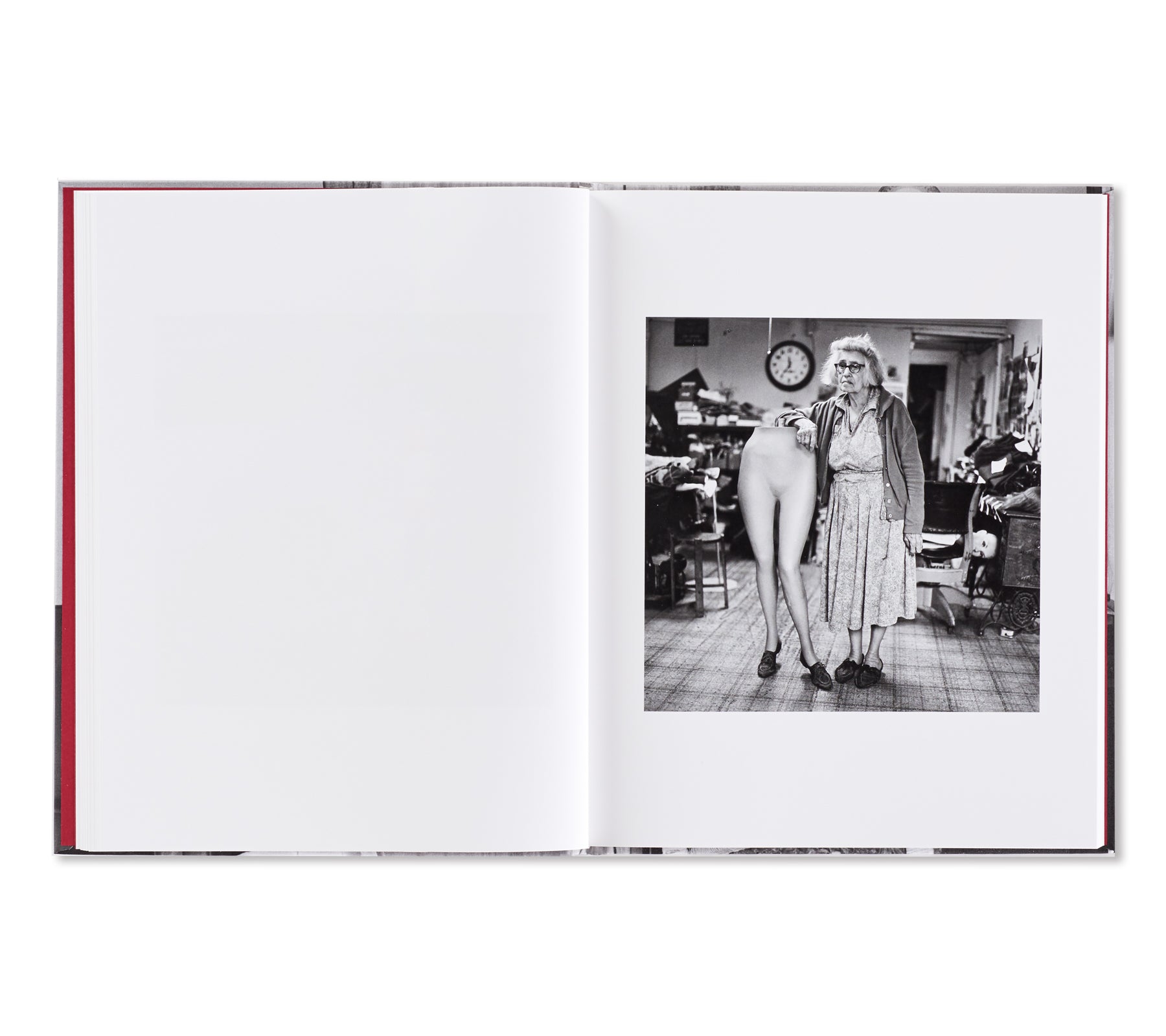
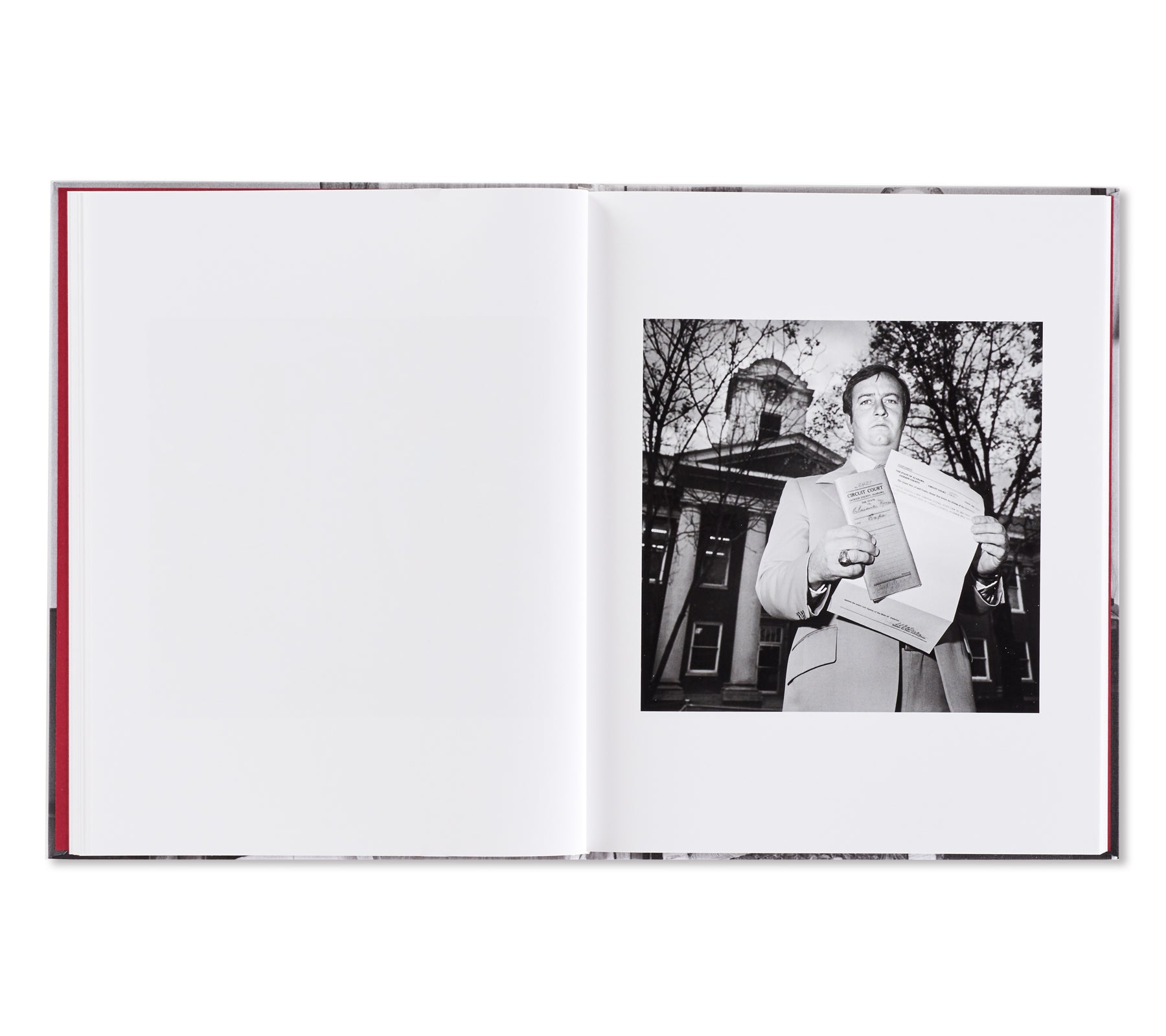
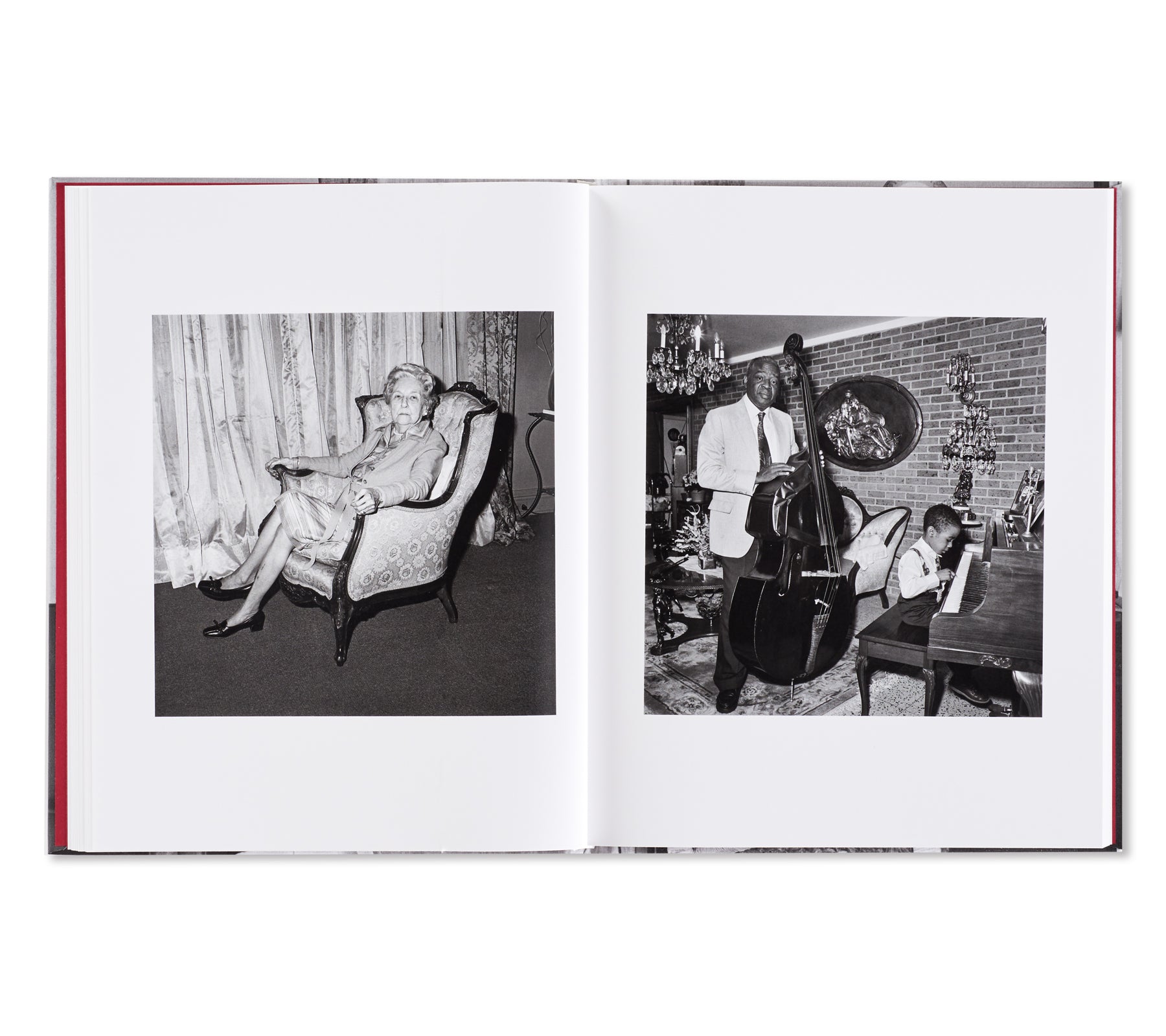
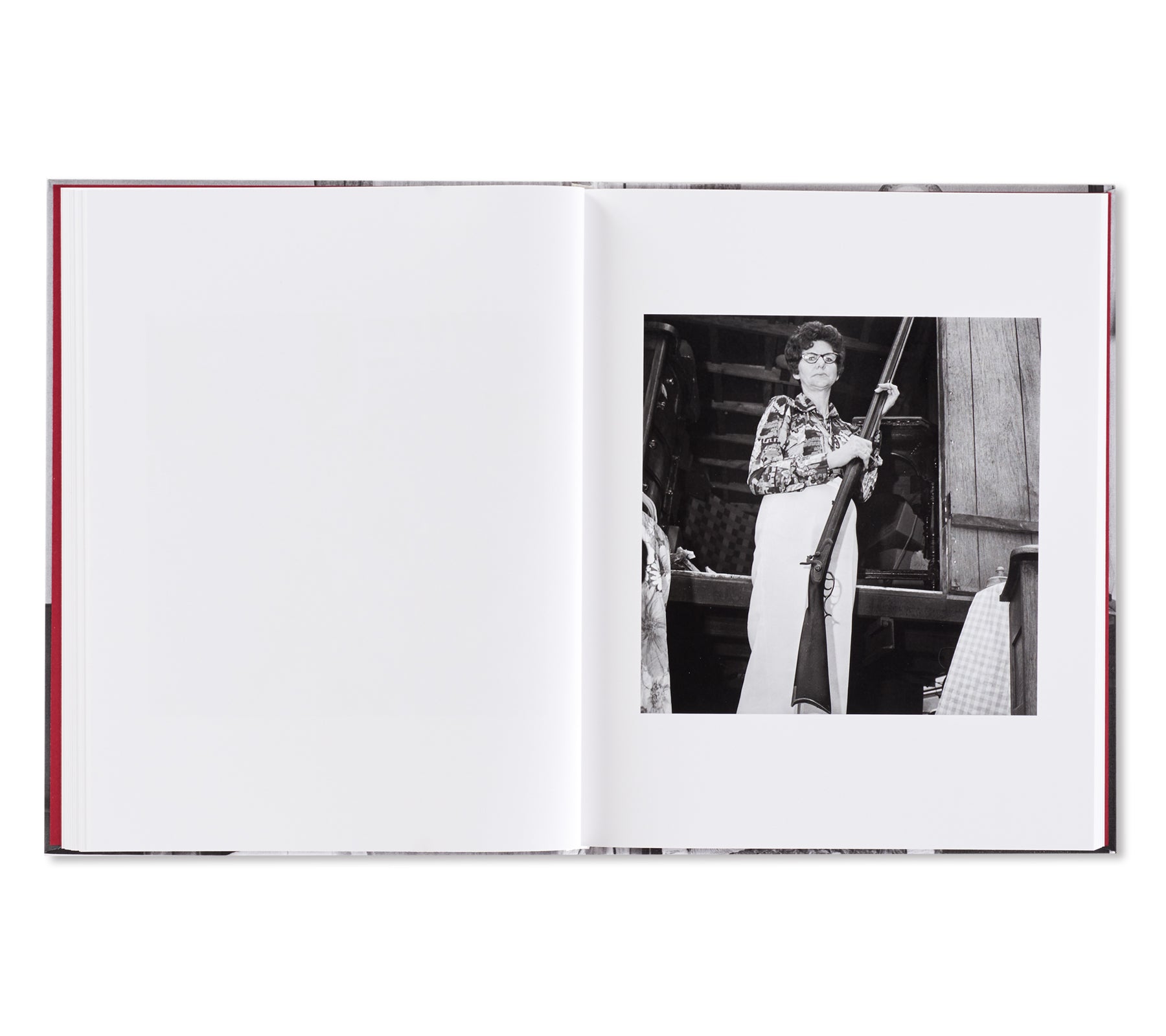
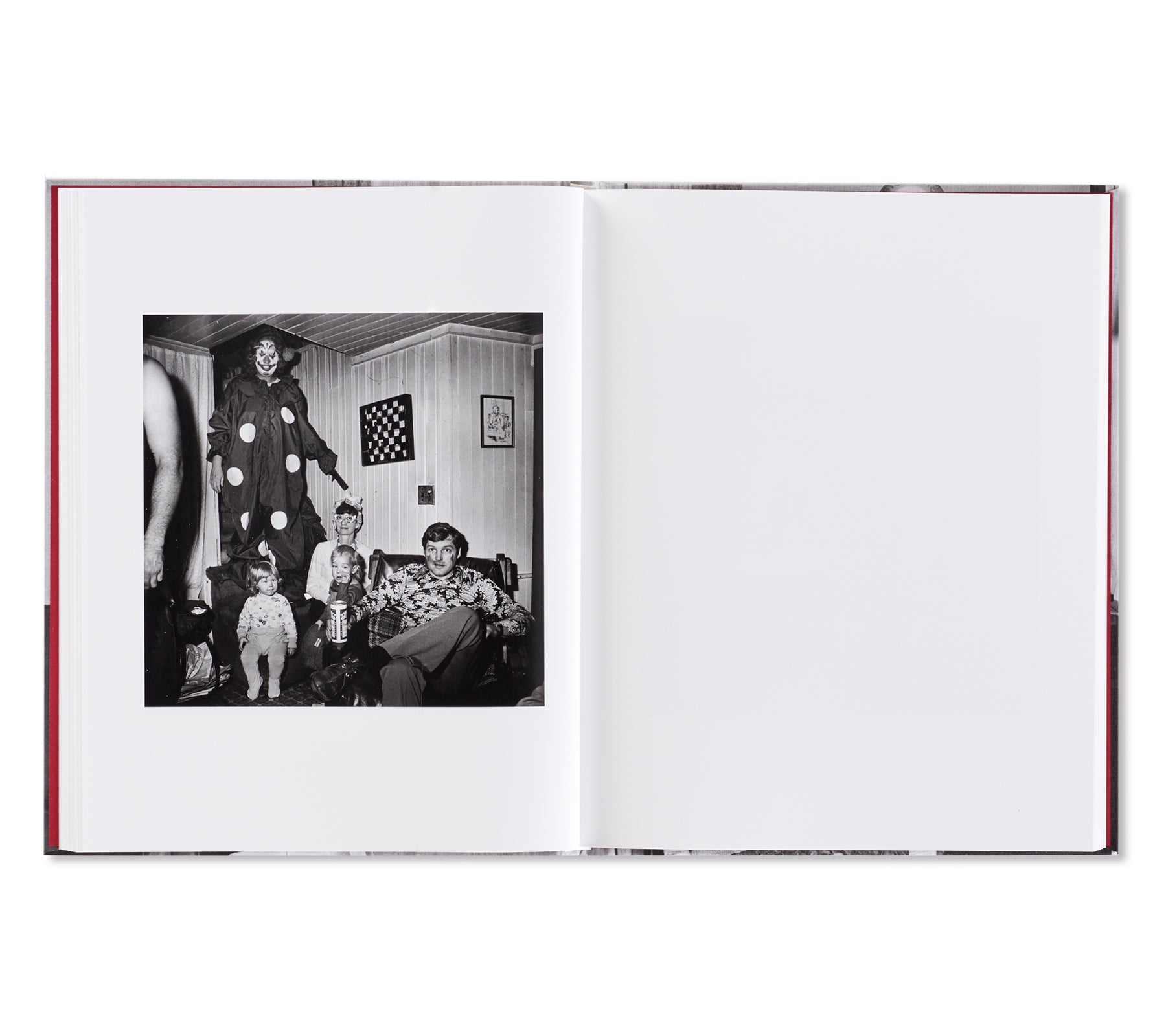
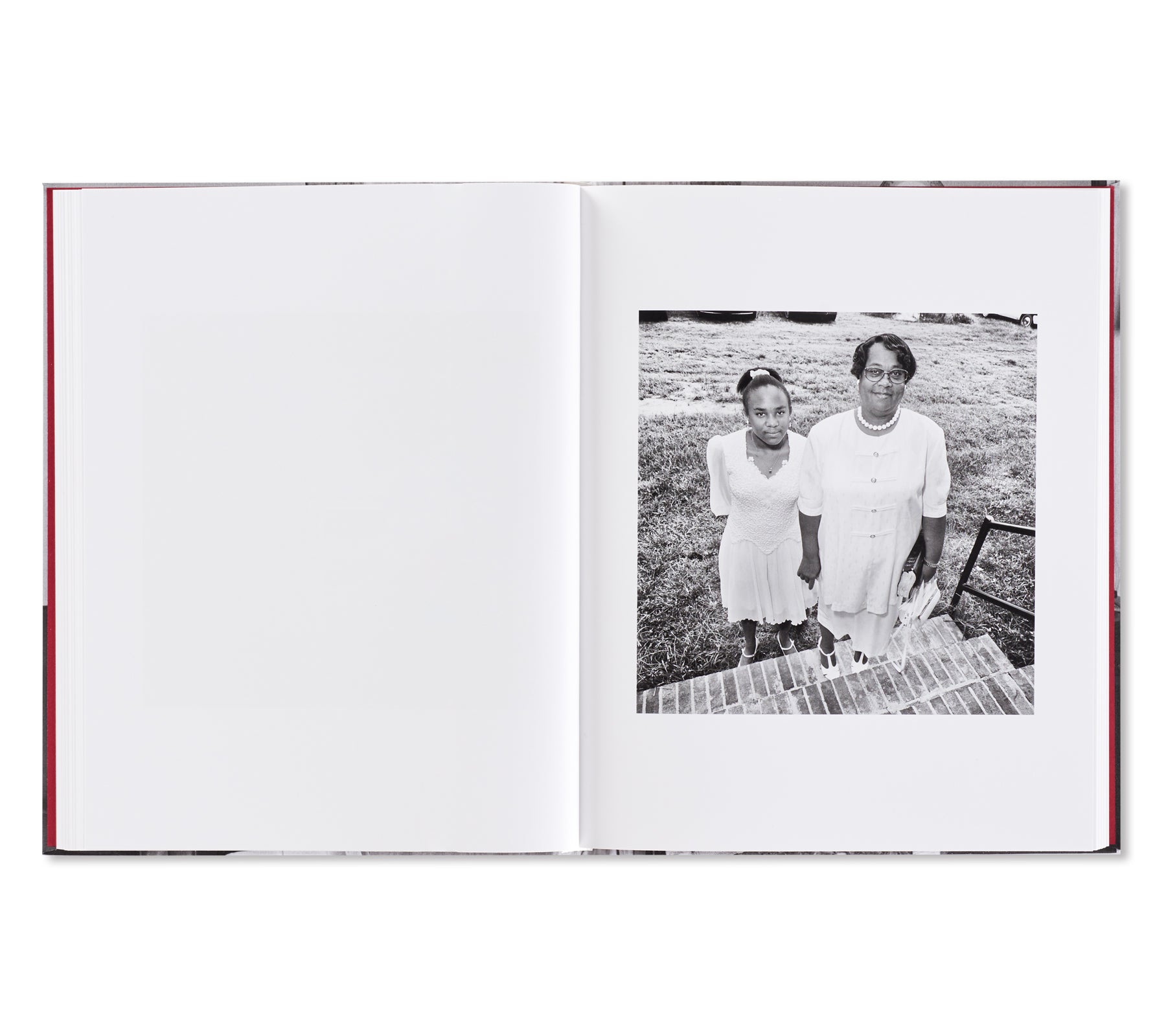
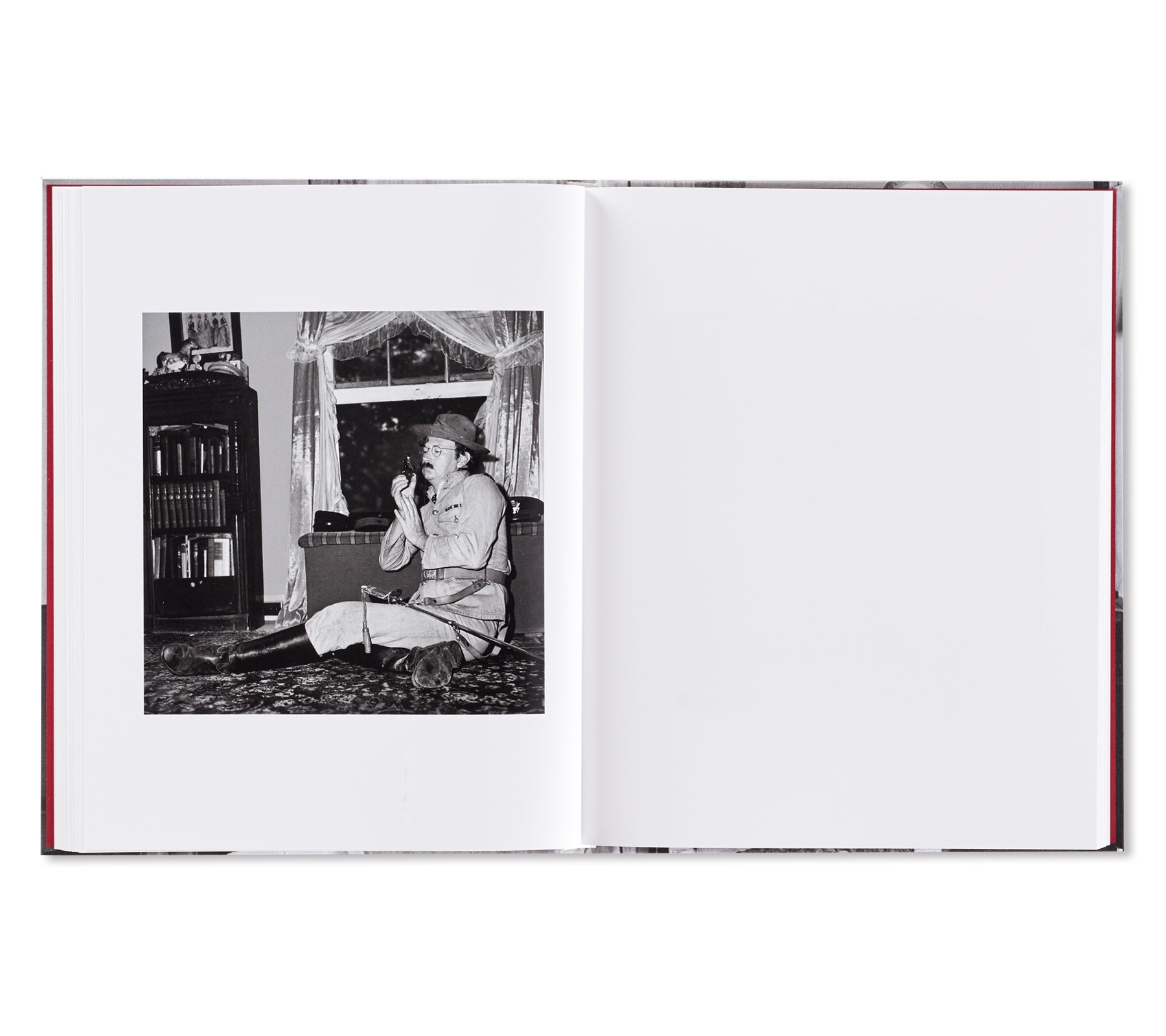
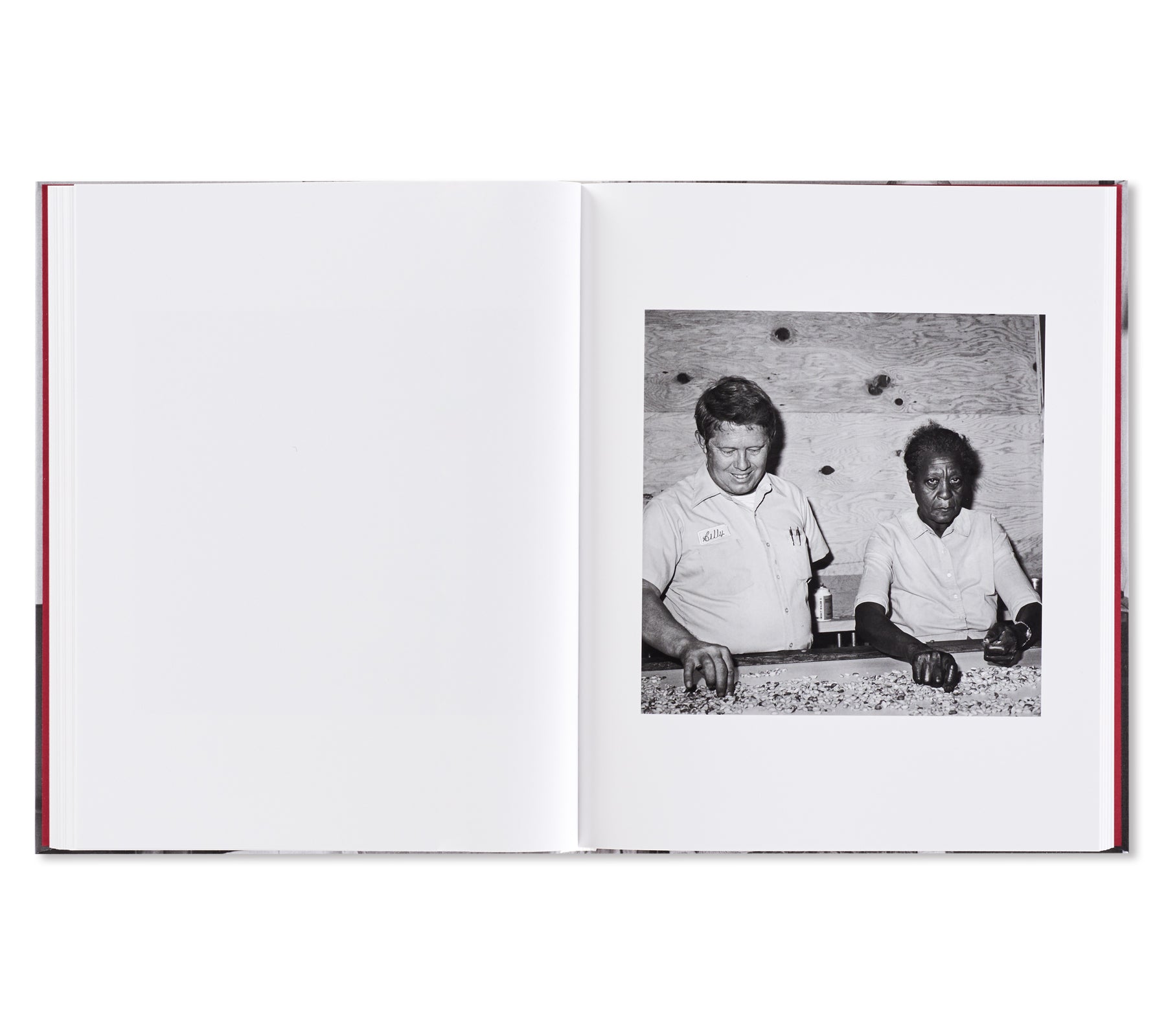
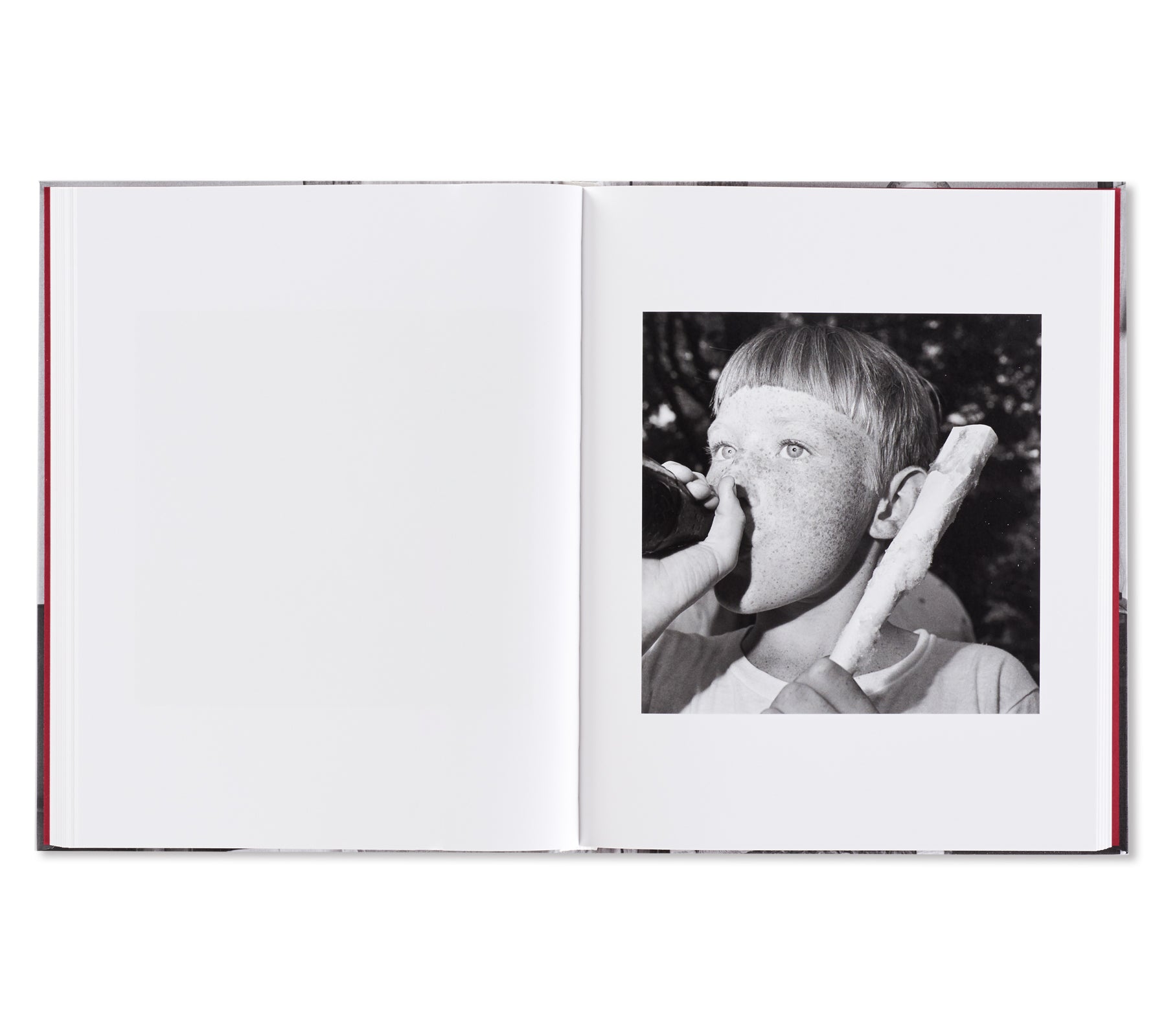
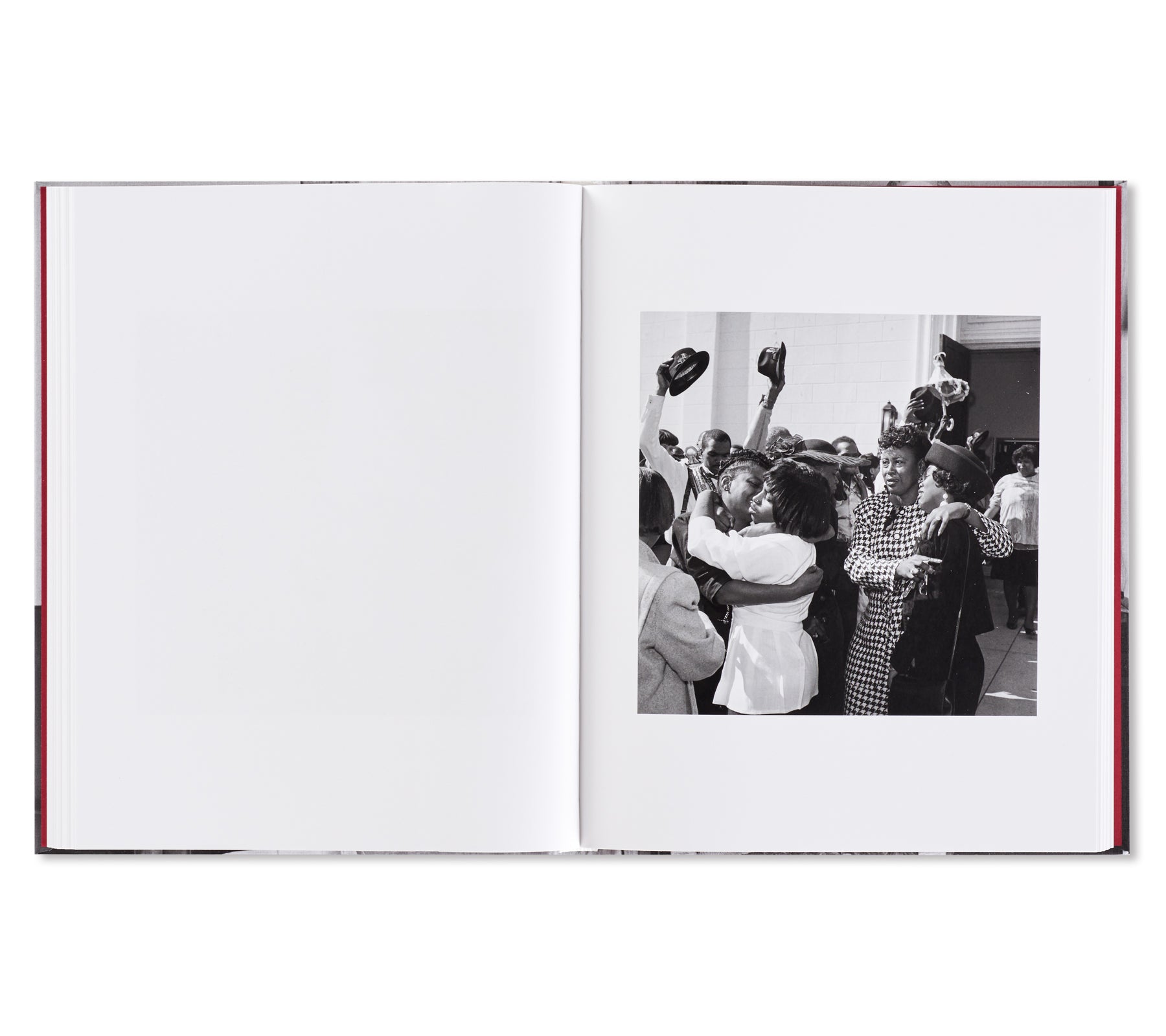
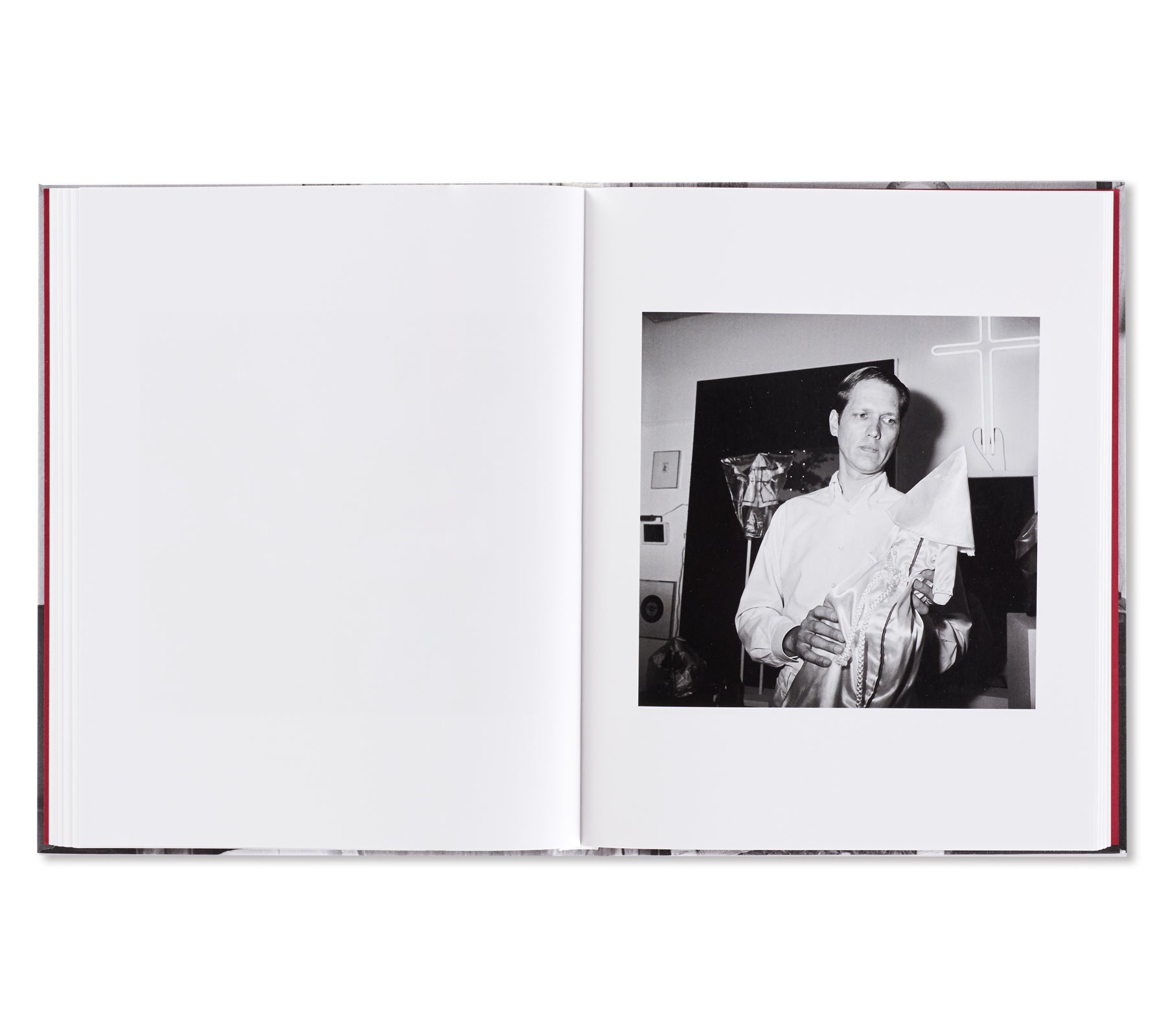
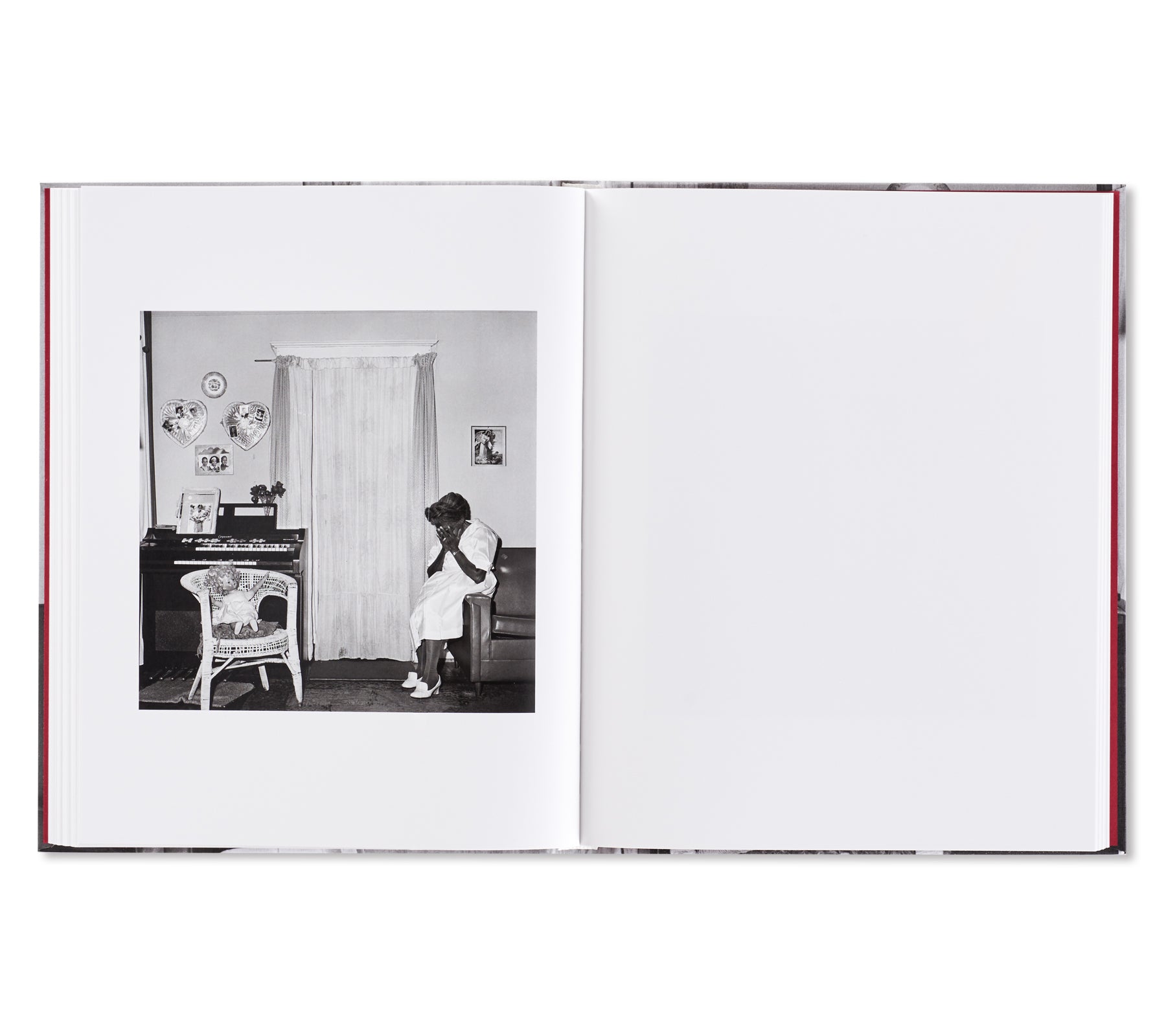
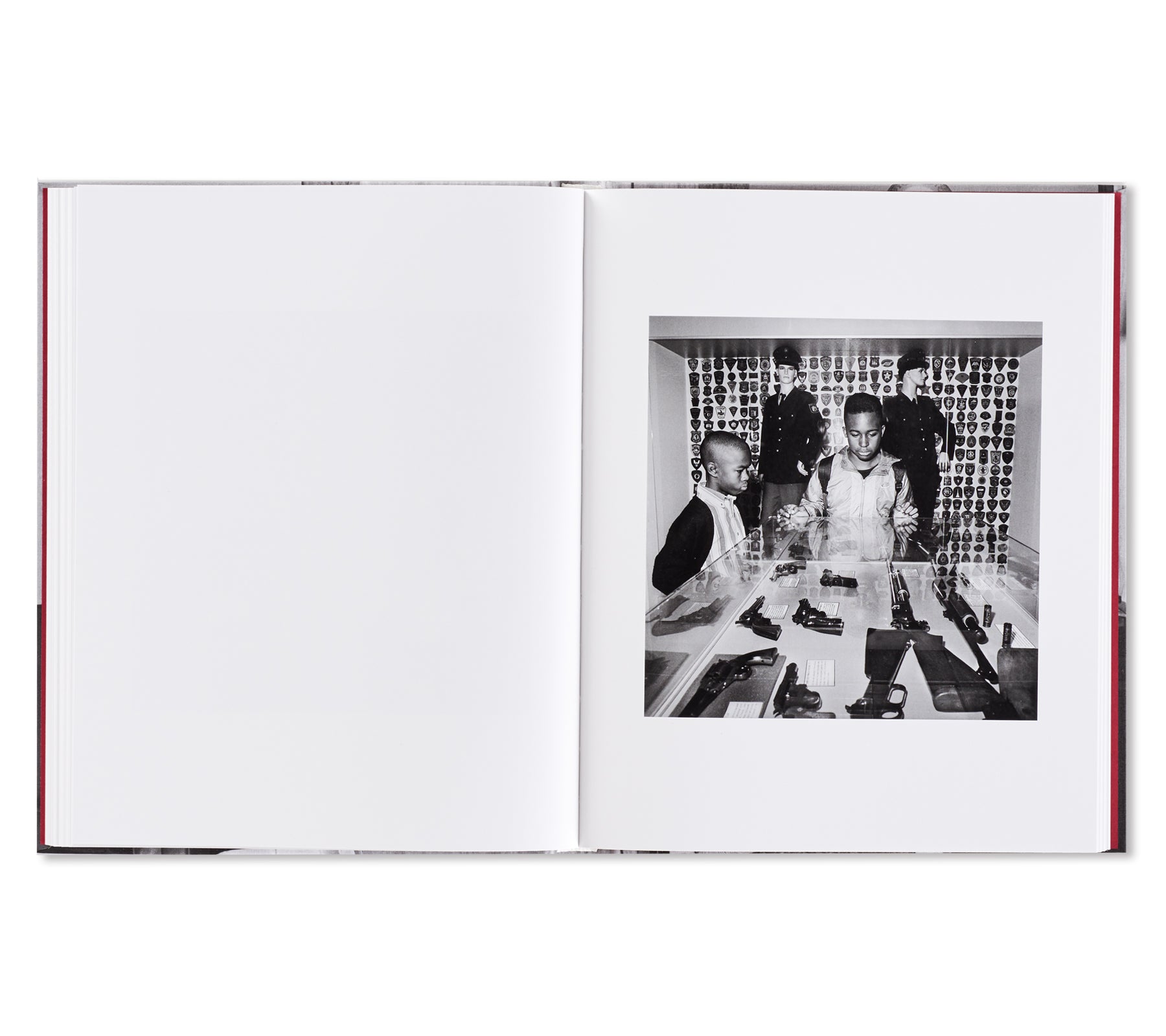
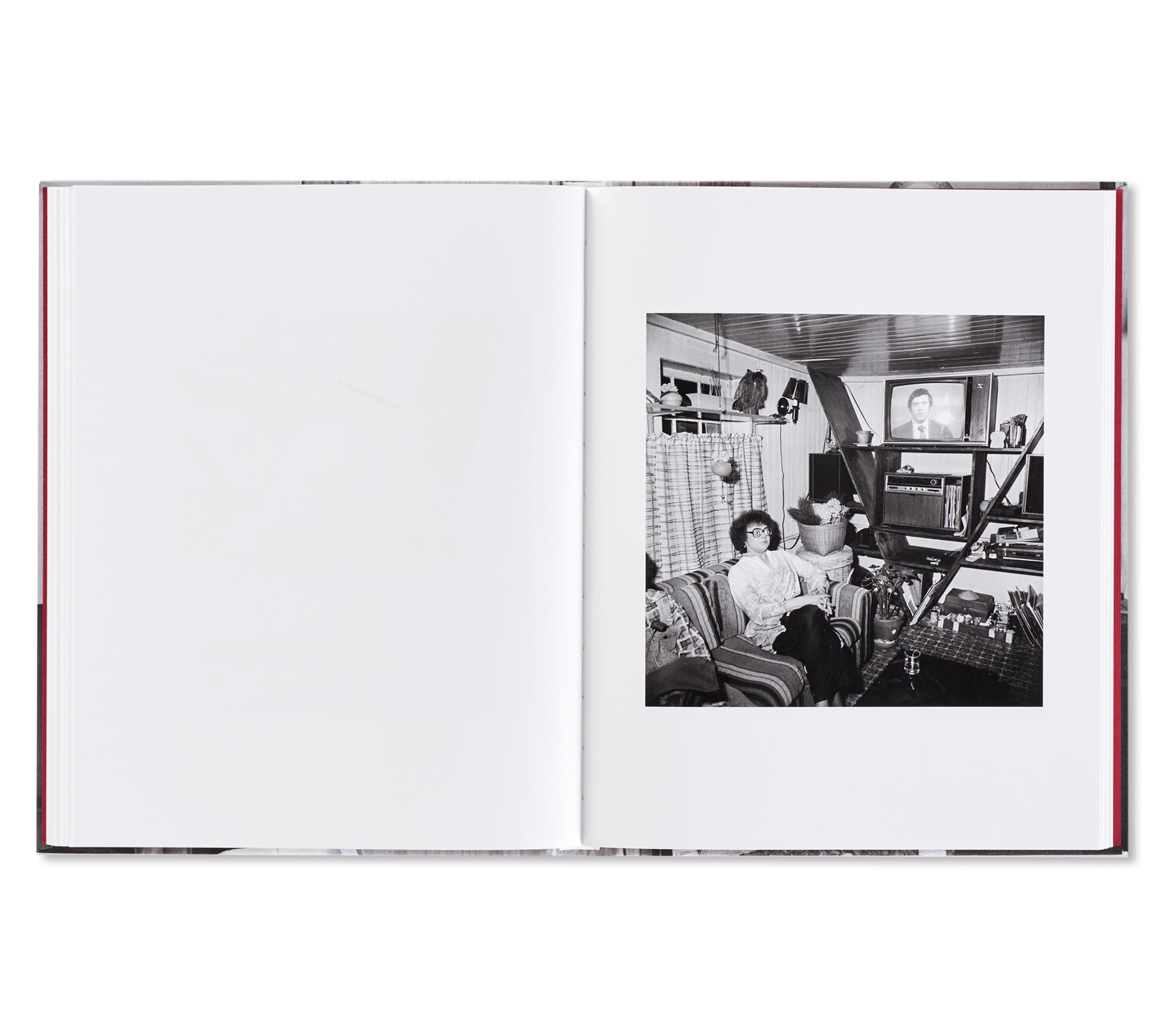
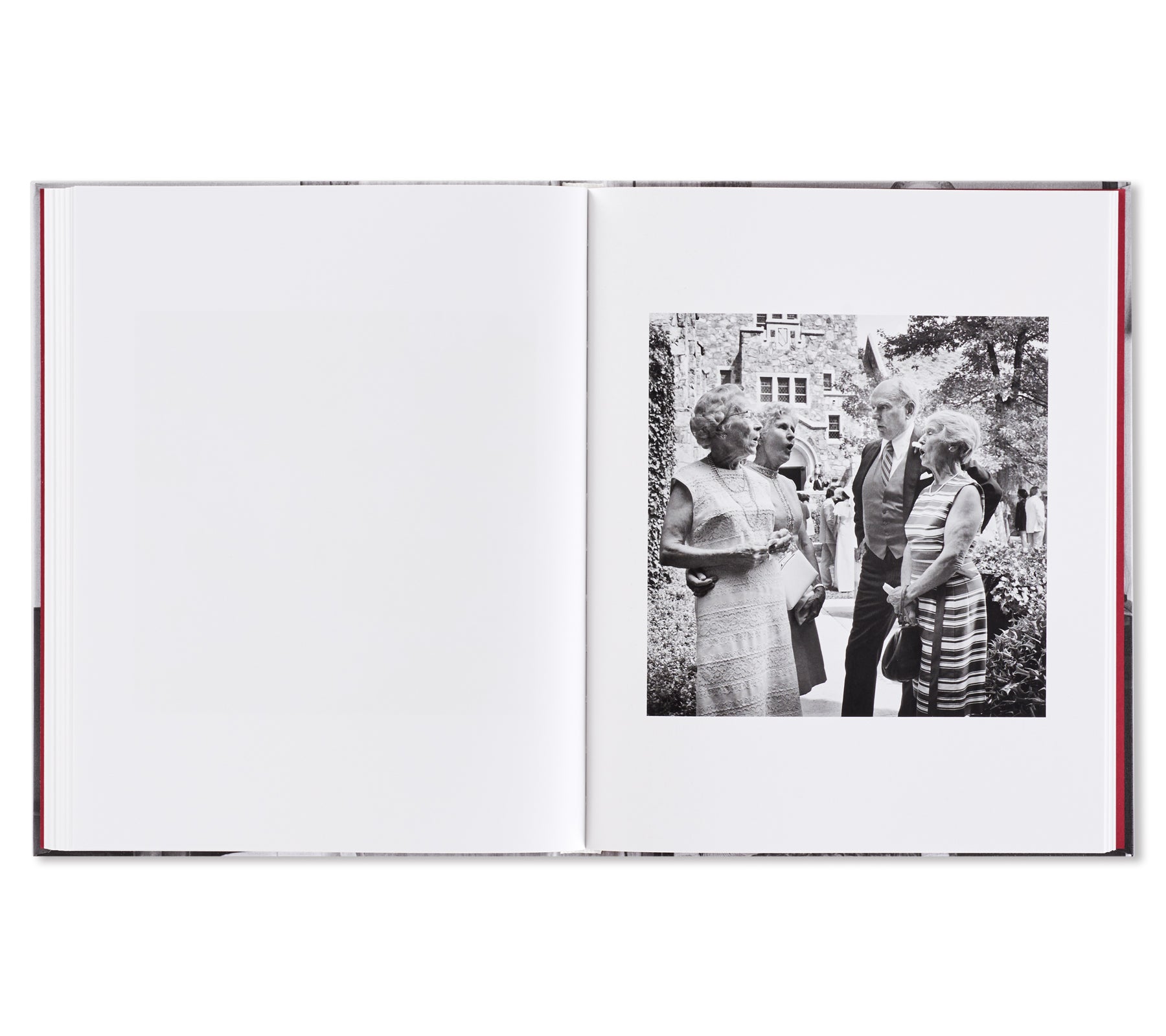
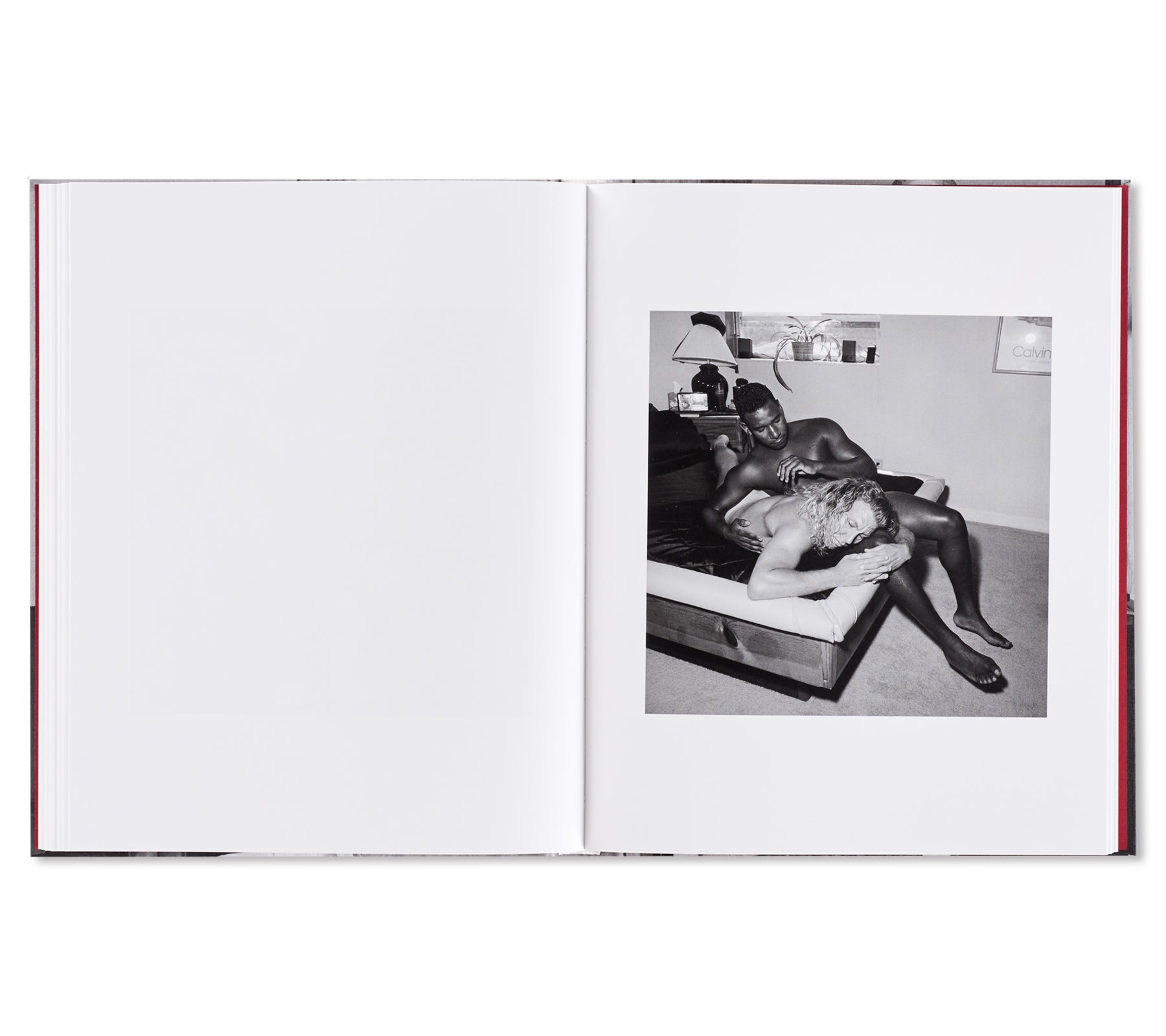
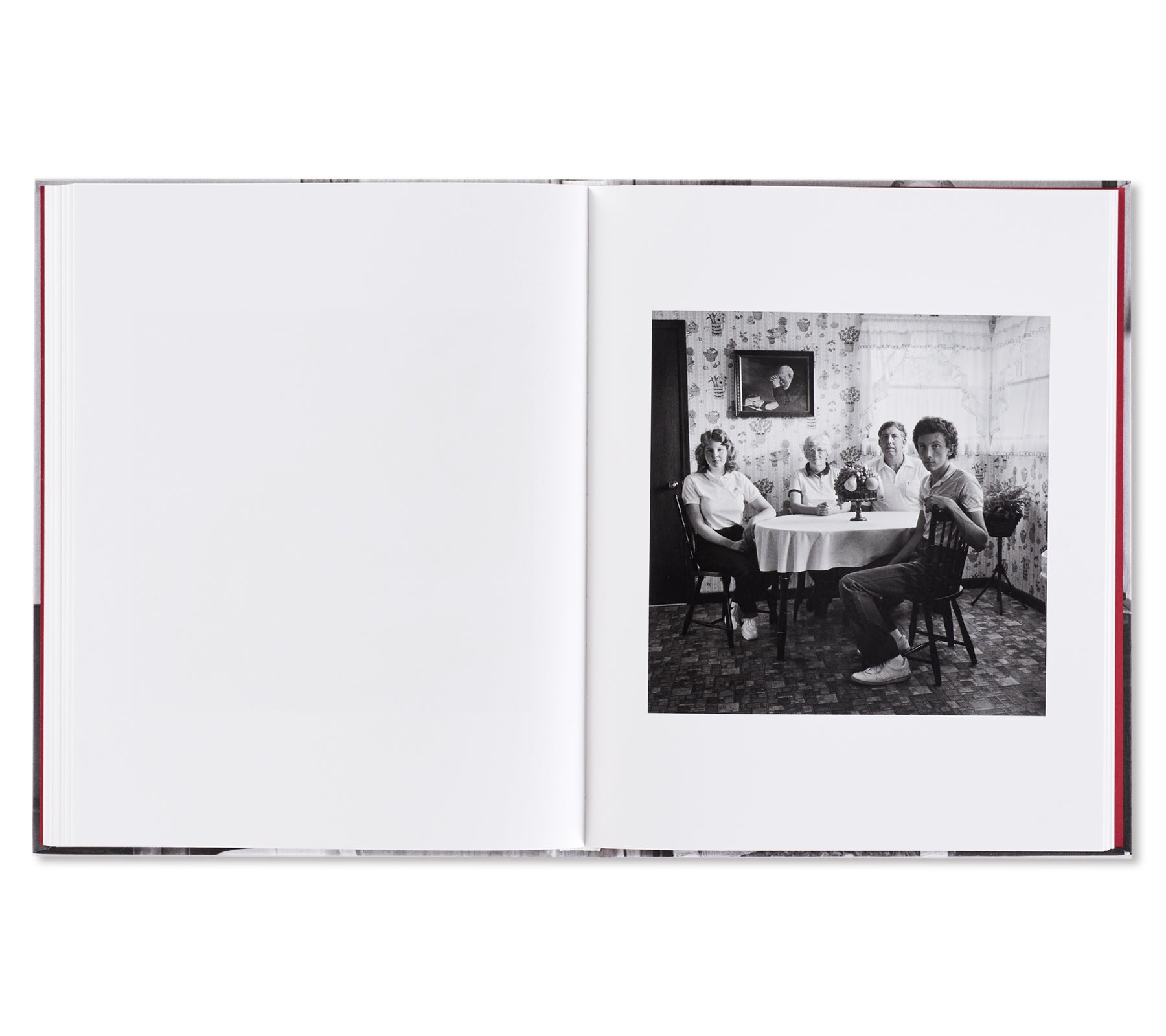
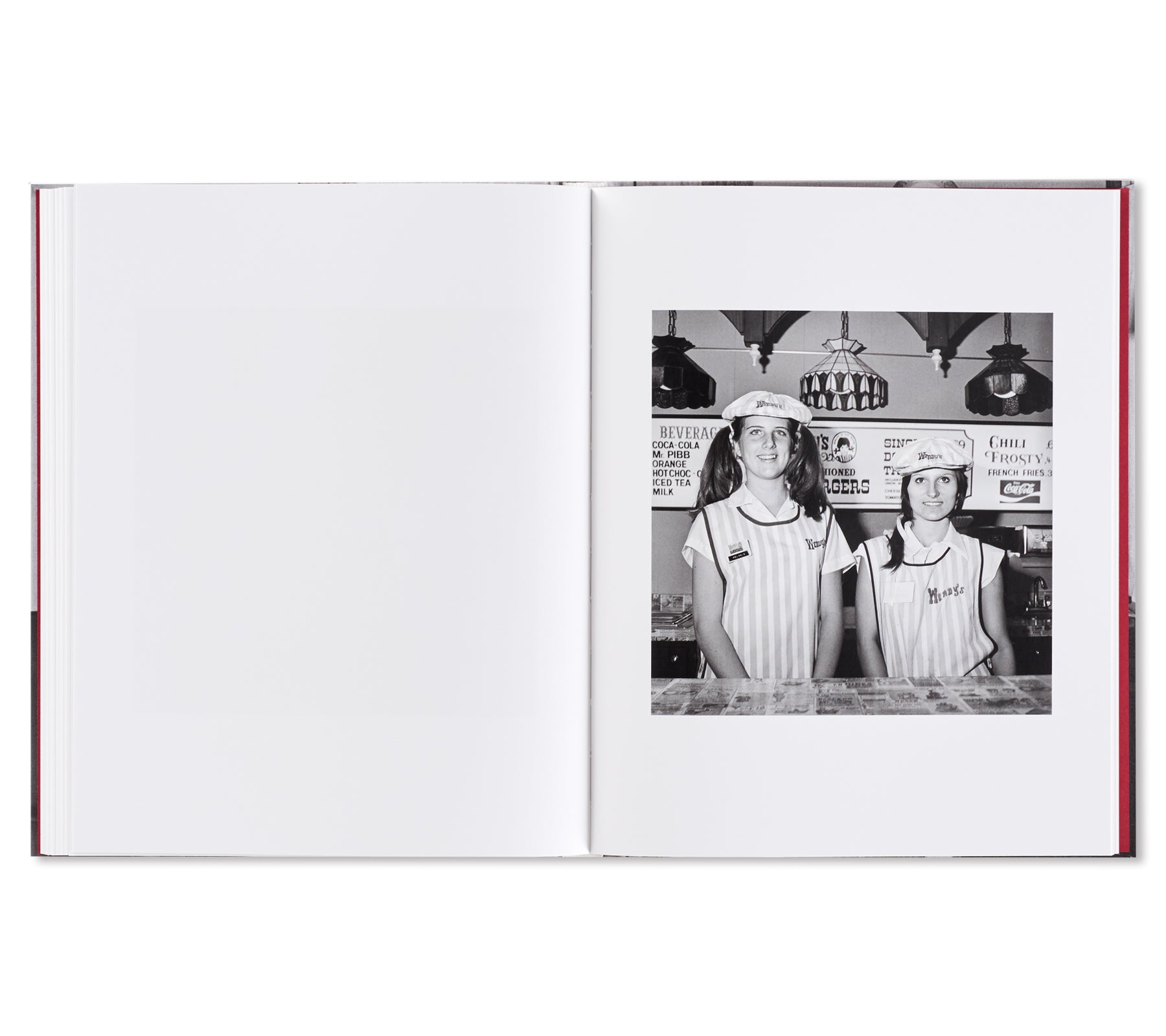
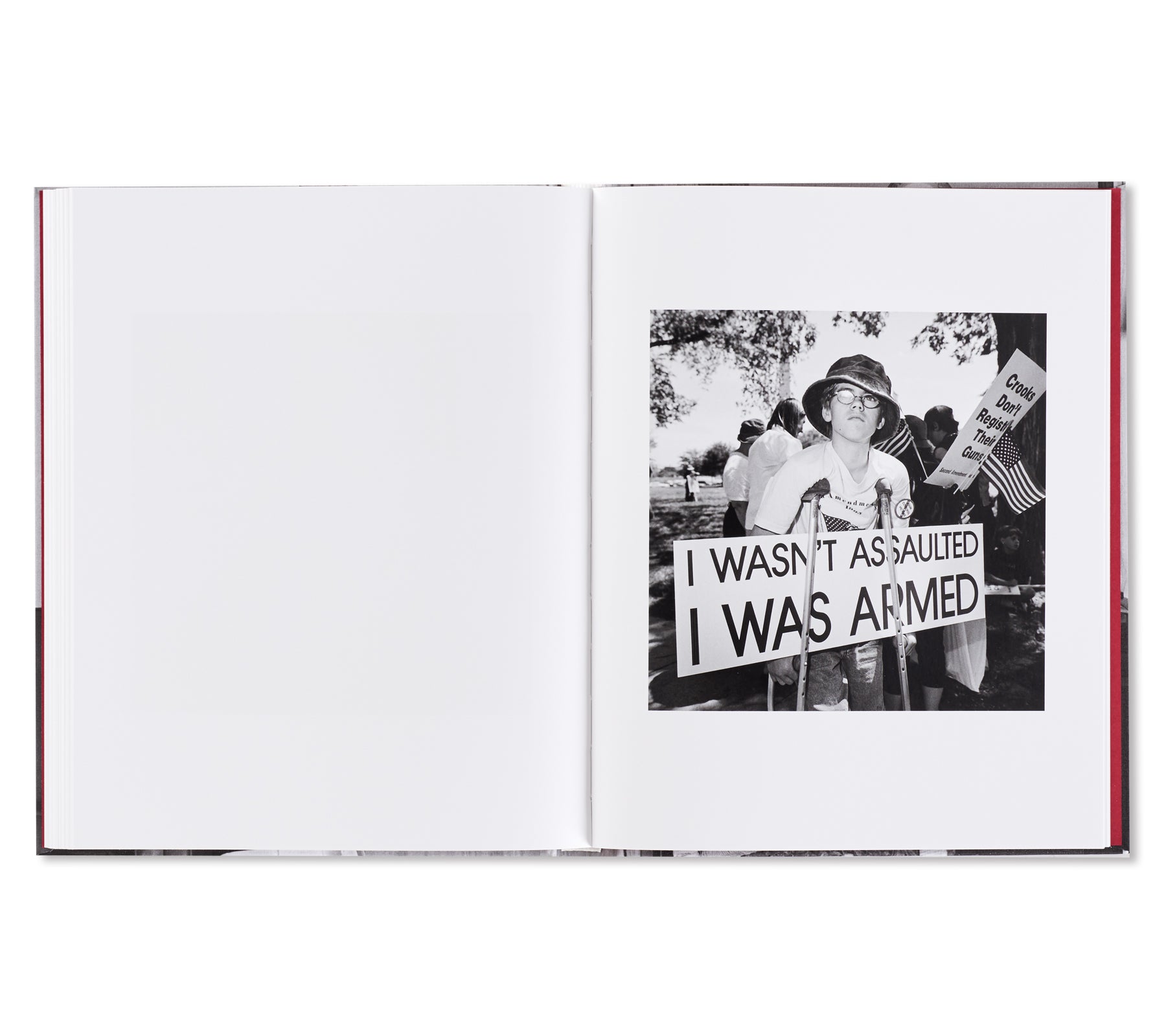
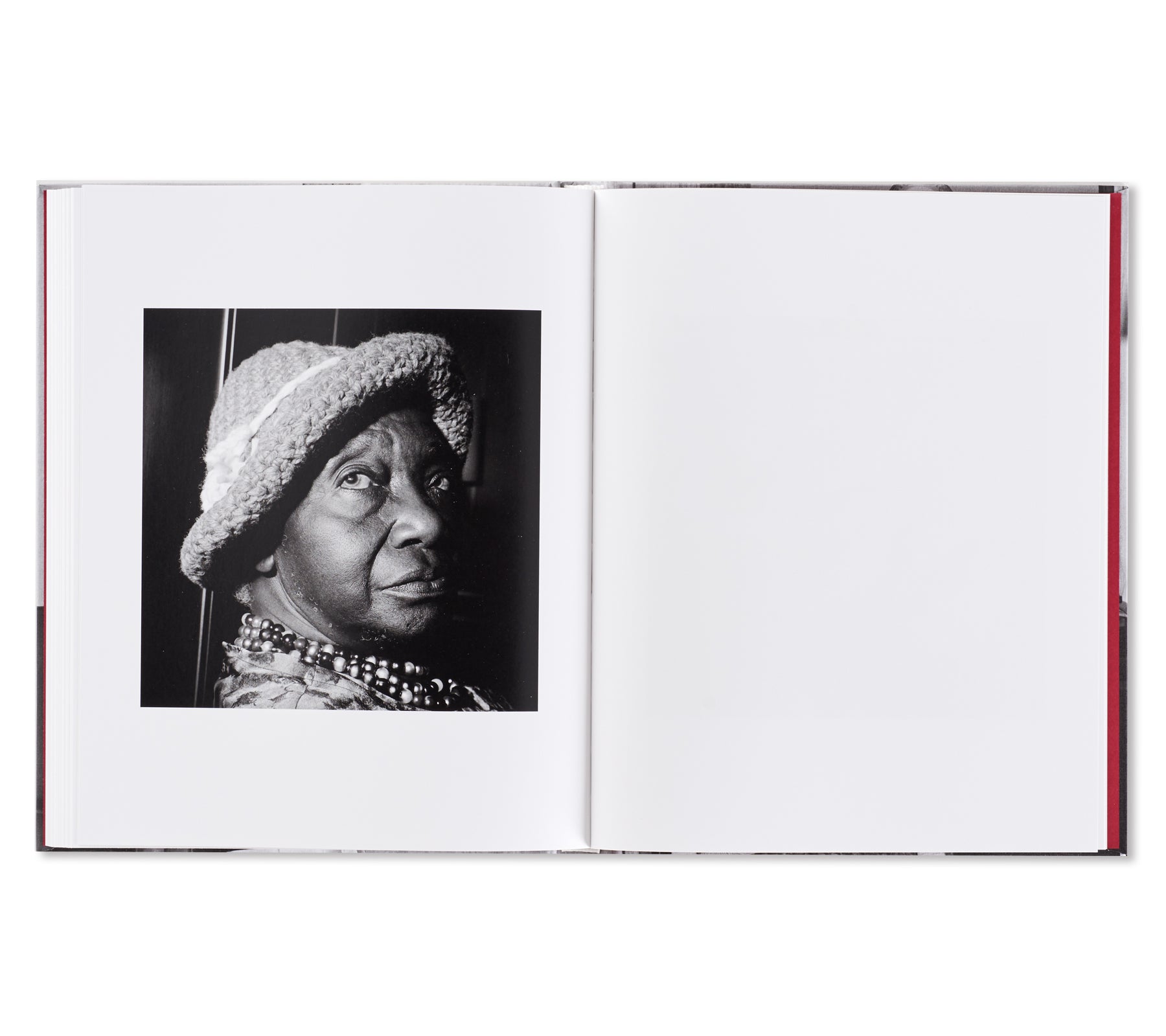
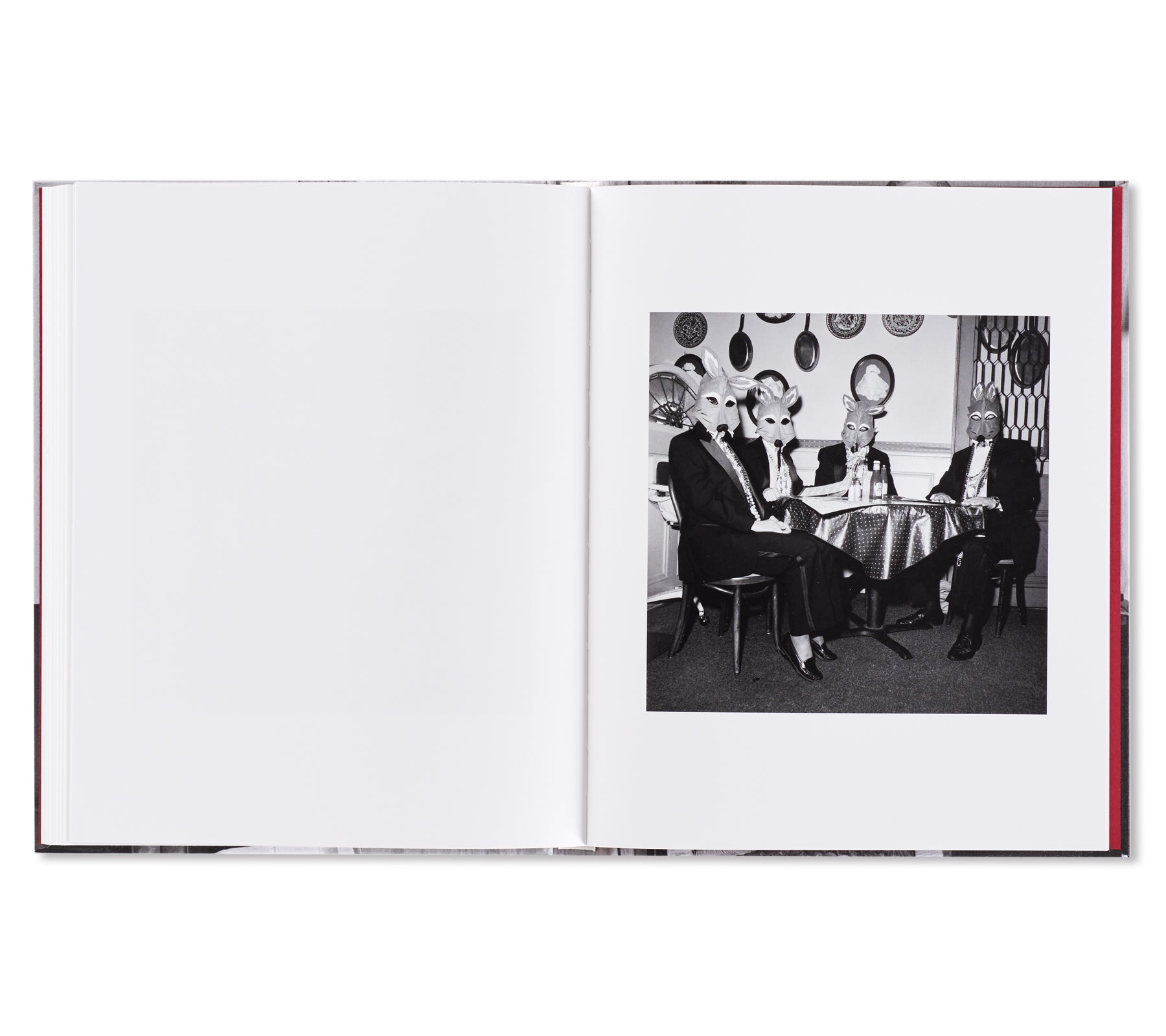
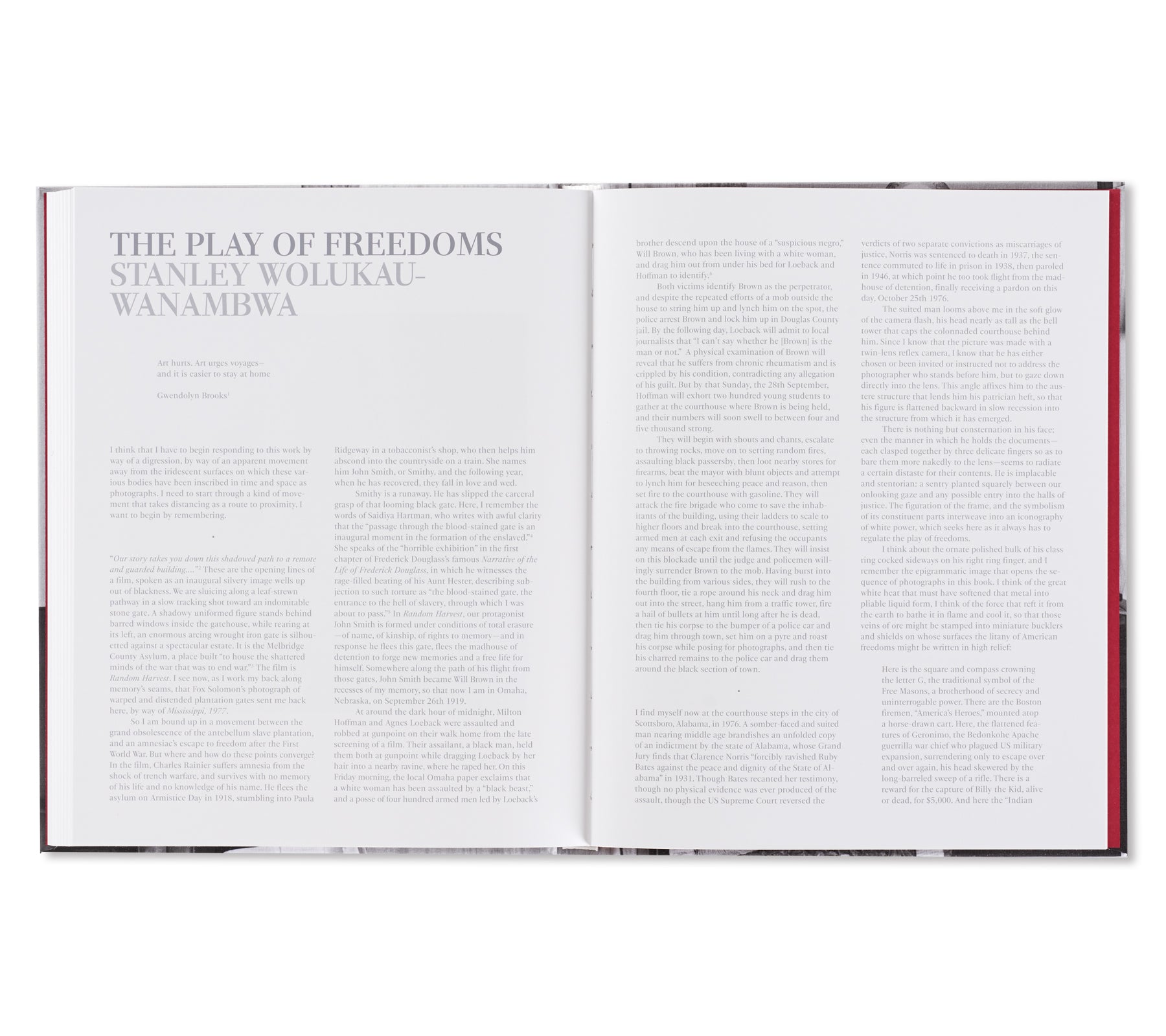
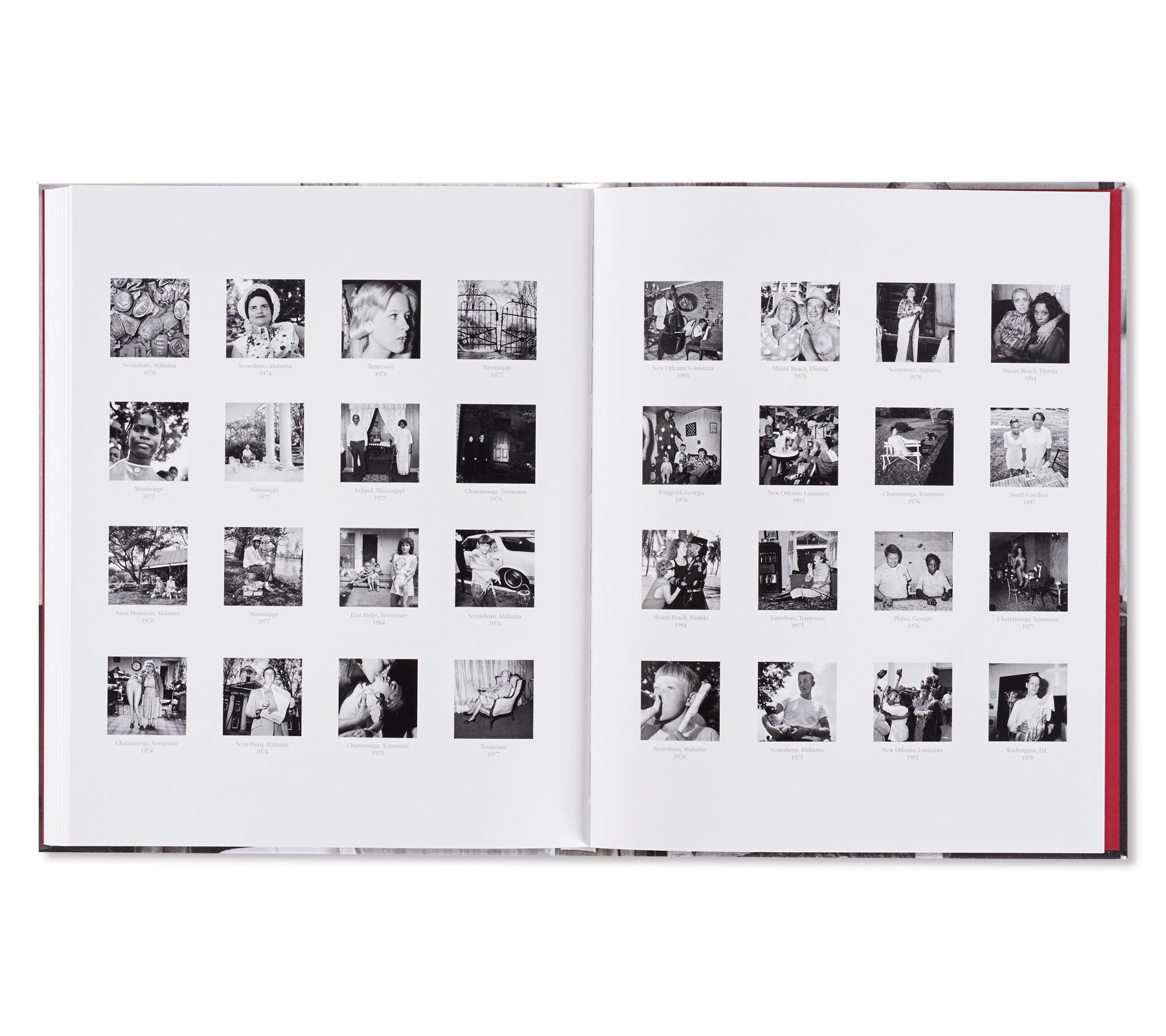
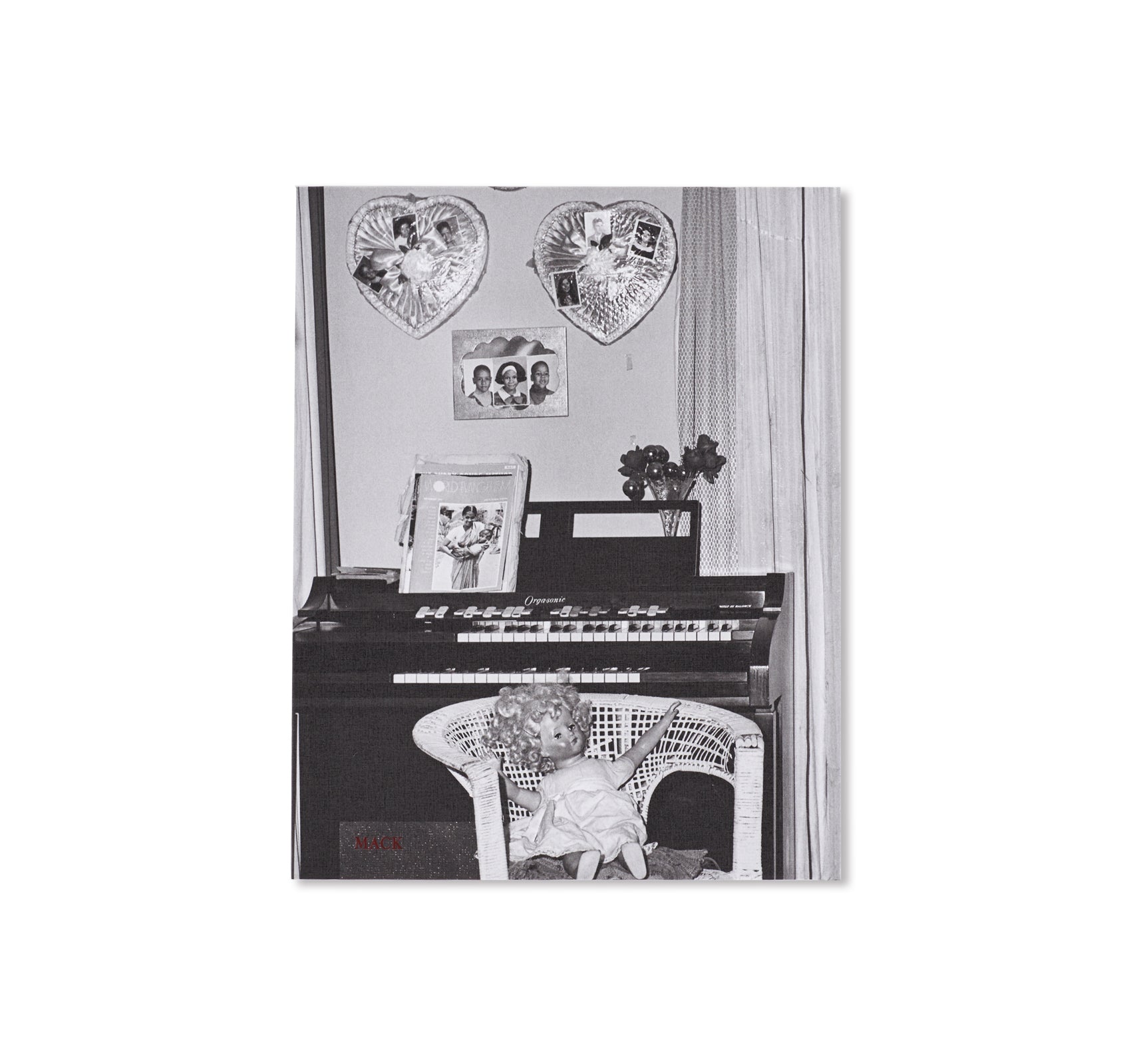
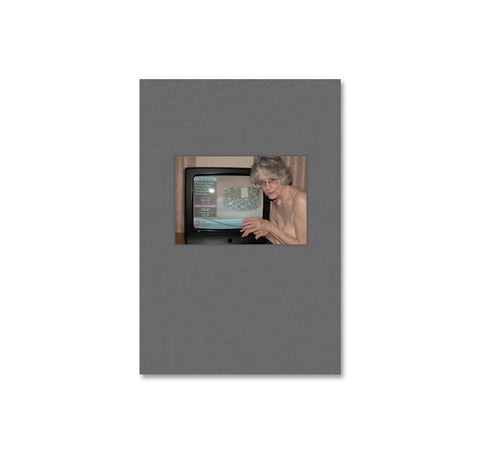



![THEM by Rosalind Fox Solomon [SIGNED]](http://twelve-books.com/cdn/shop/products/140818_0271_6a4c6b66-8ca8-4d56-b1ae-2dfc5ddcb0b9_large.jpg?v=1571703836)
